Building Community by Reimagining Care with Brent Asplin, Co-founder and CEO of Gather Health
Some of our clients



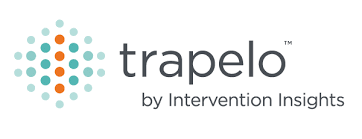


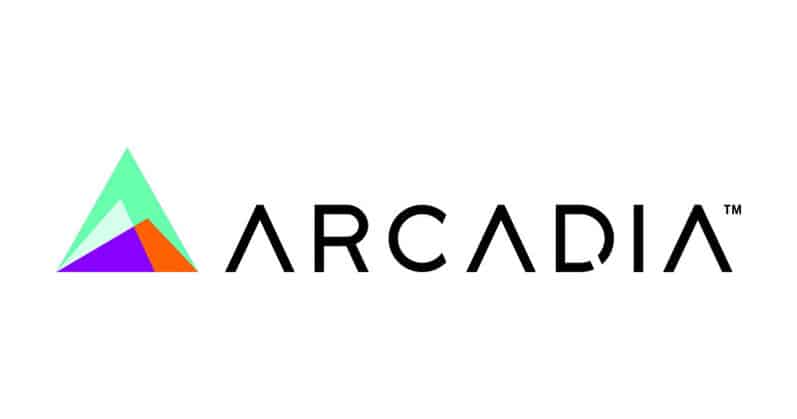


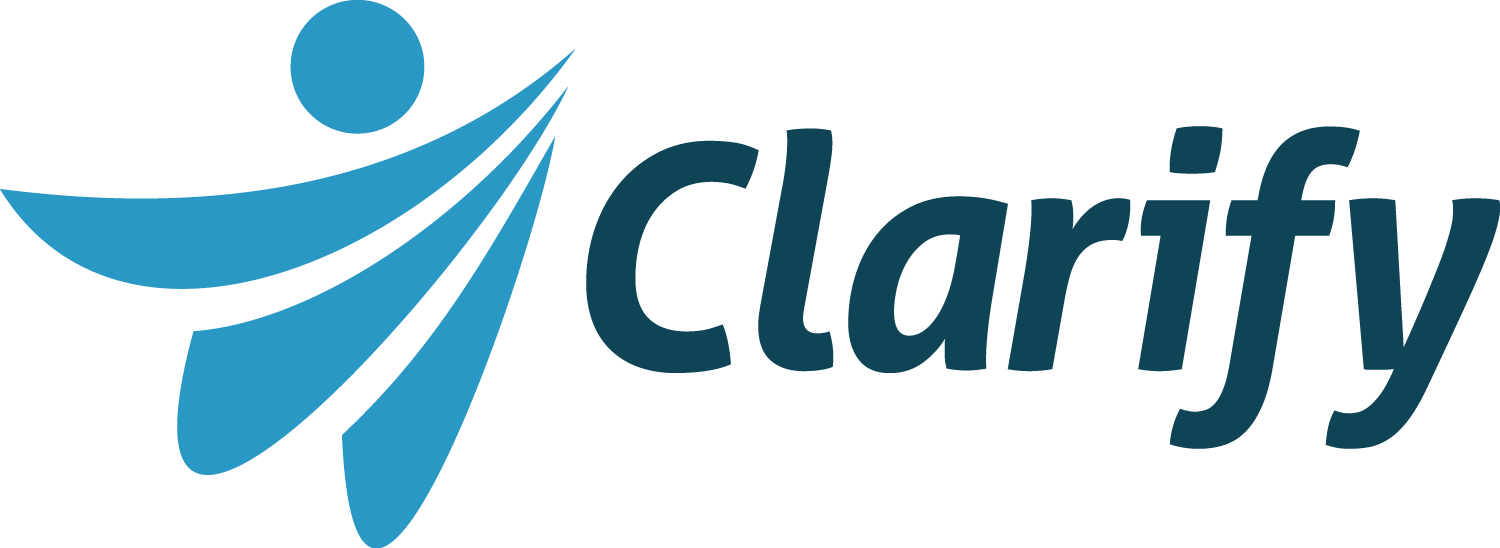
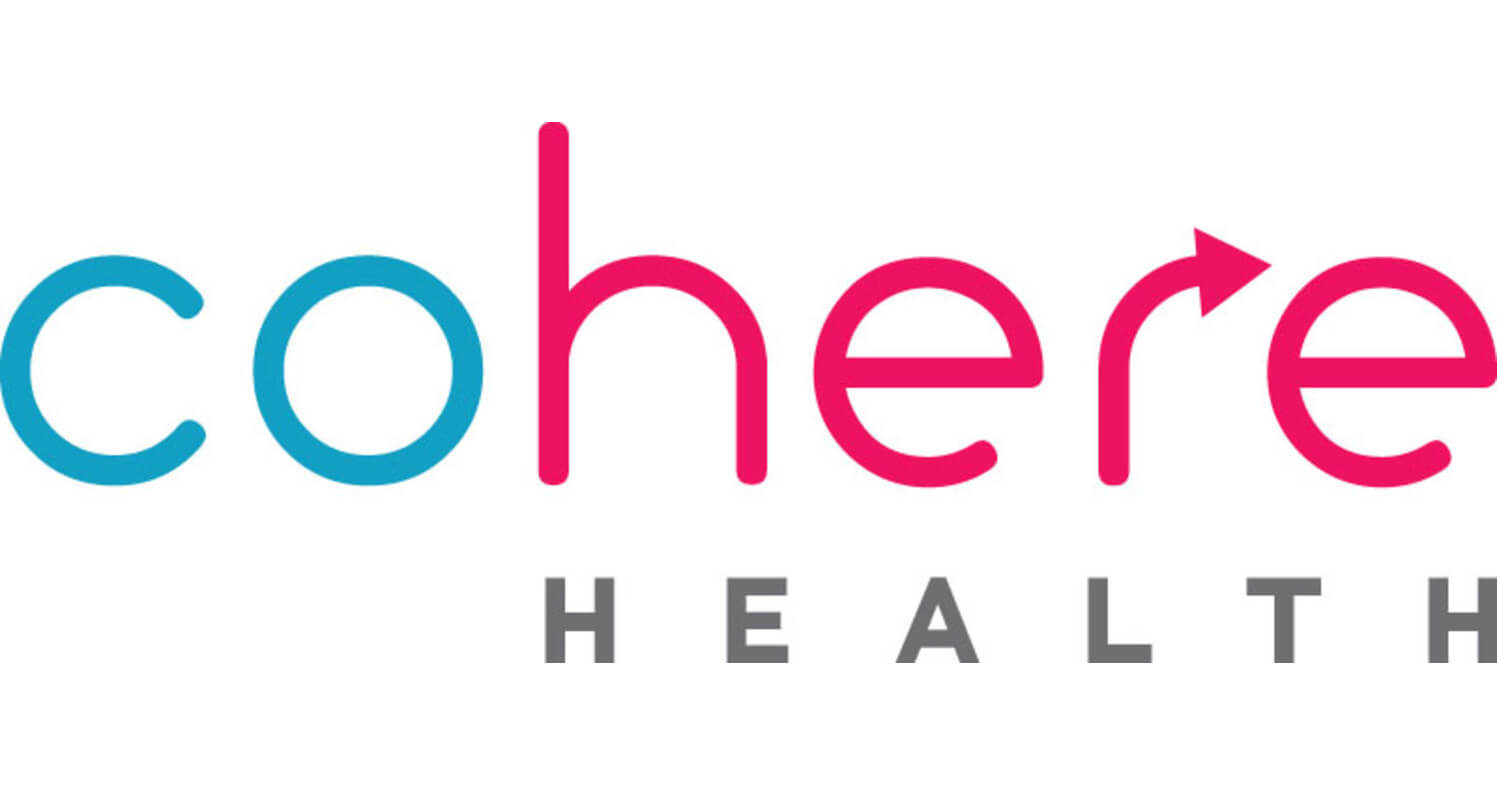


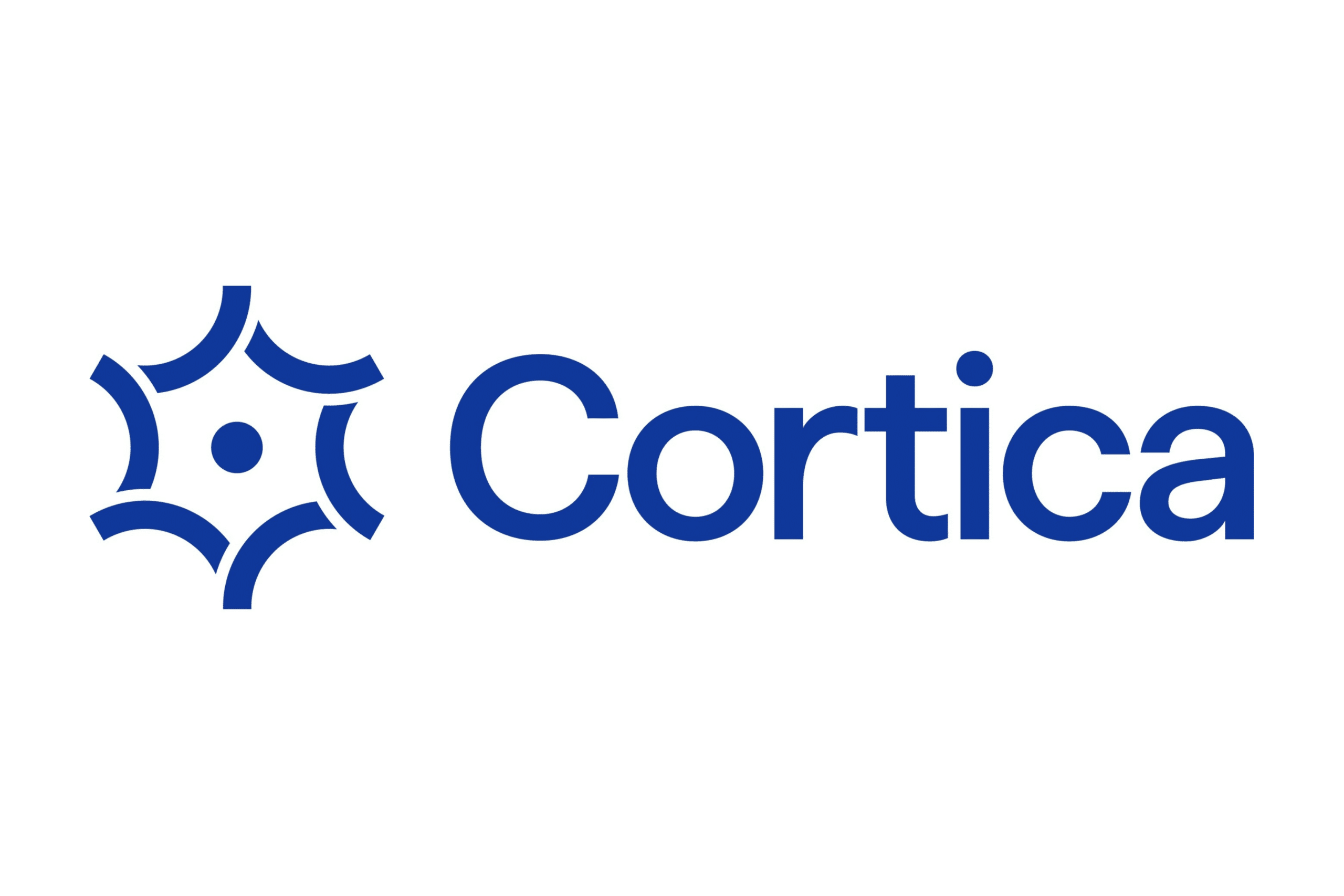
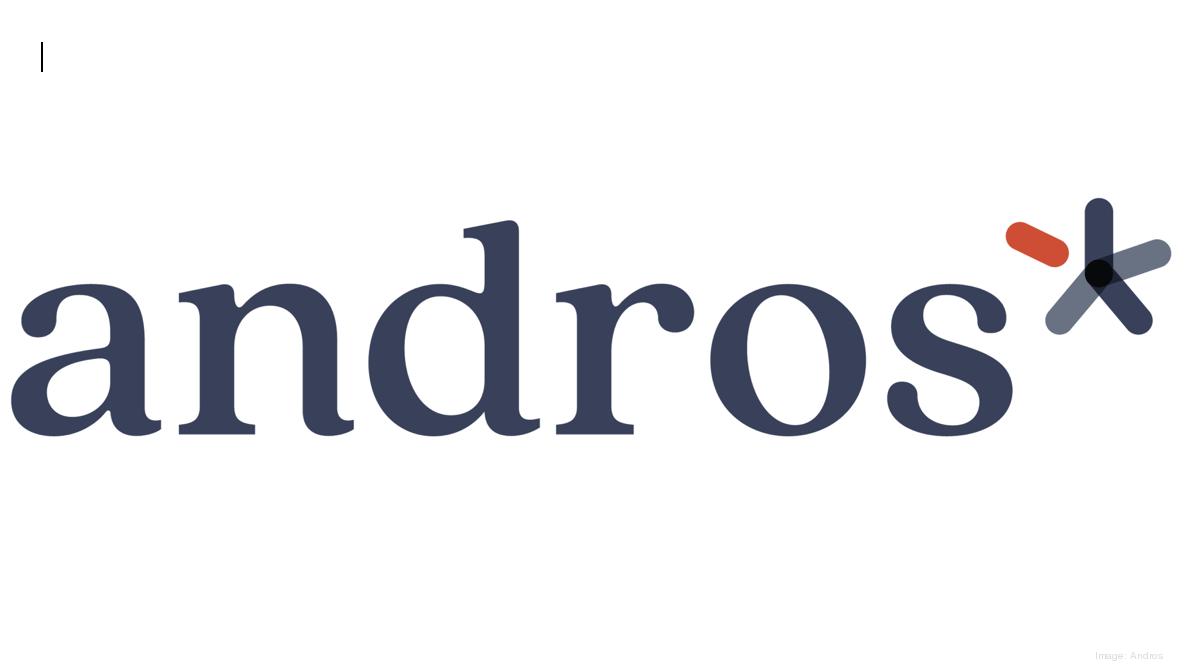

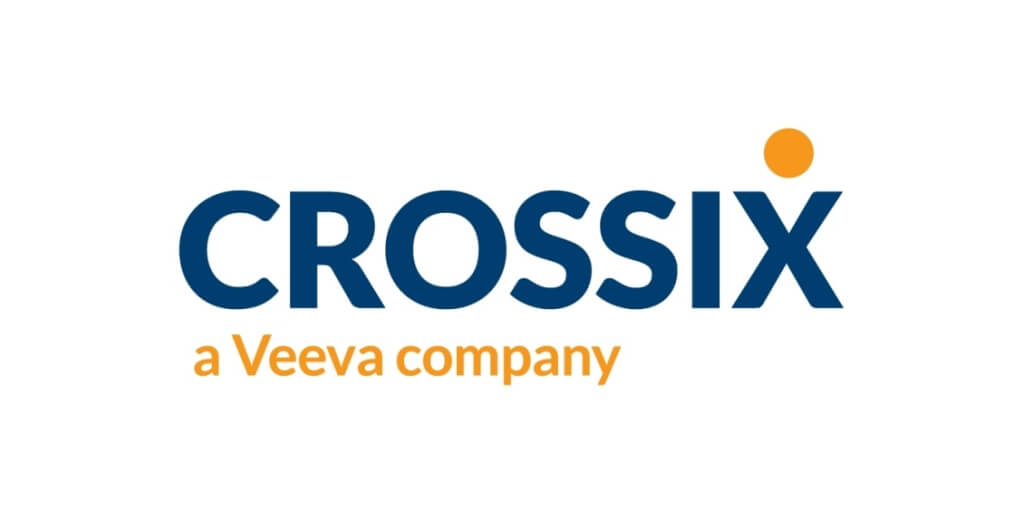
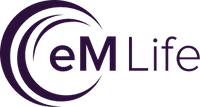

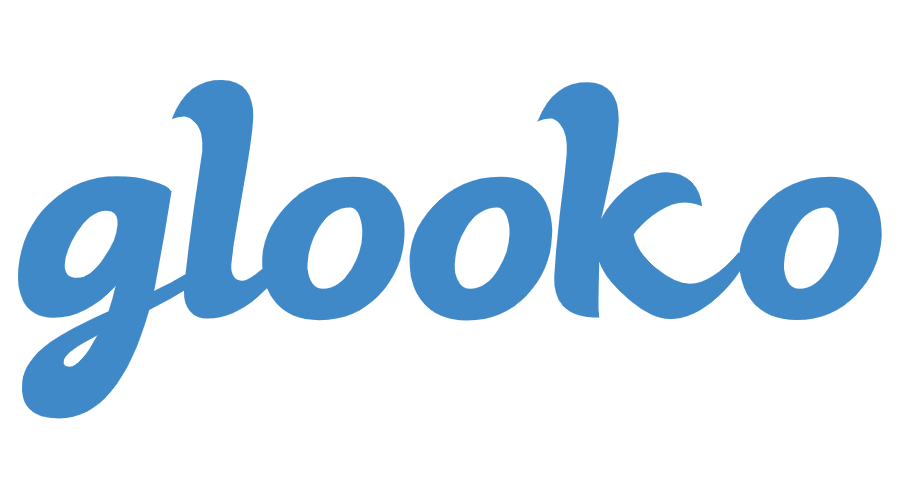







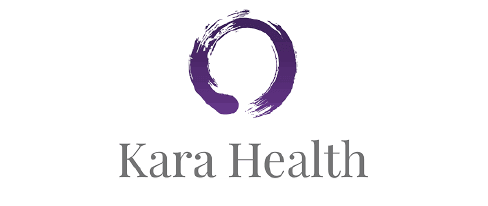

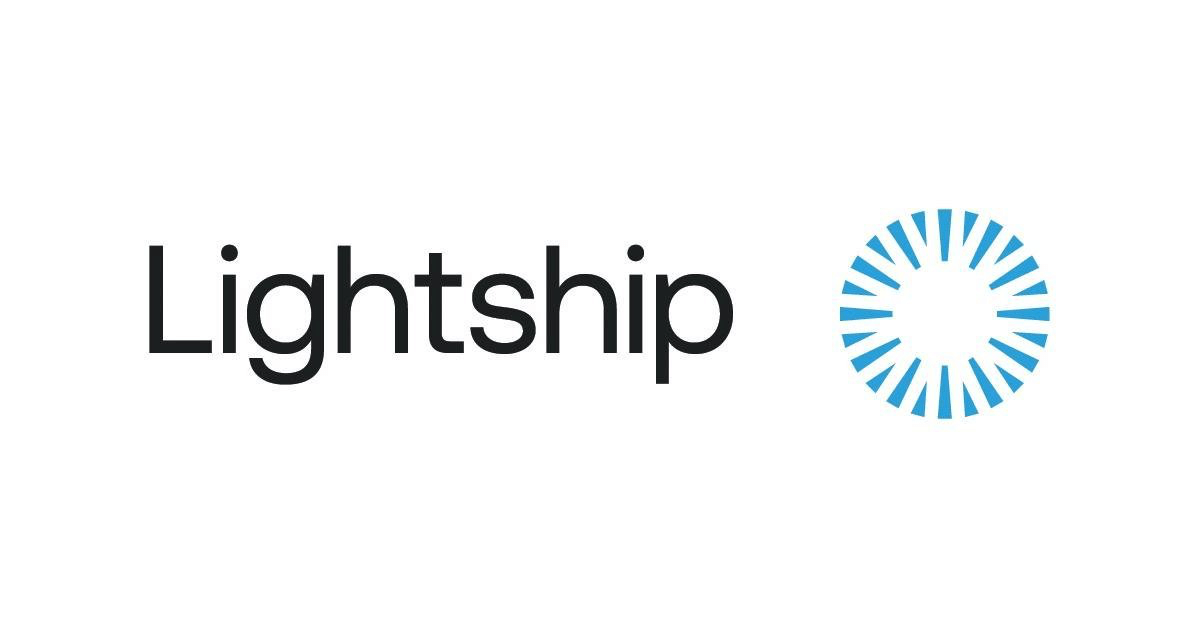


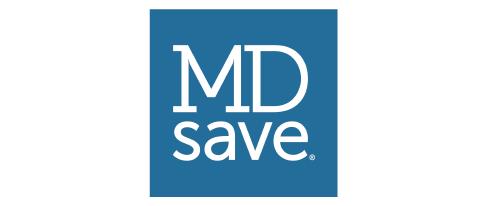



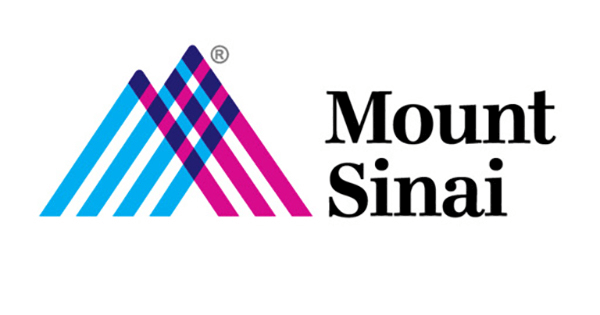




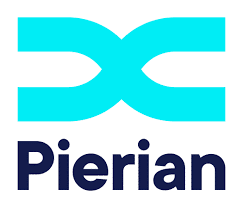
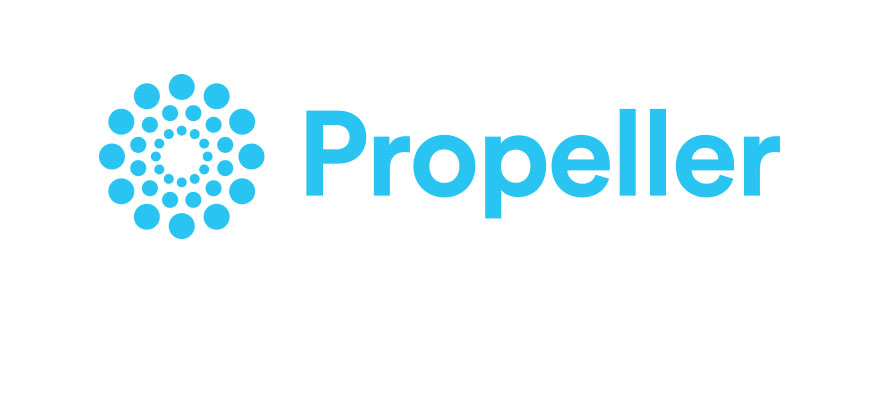





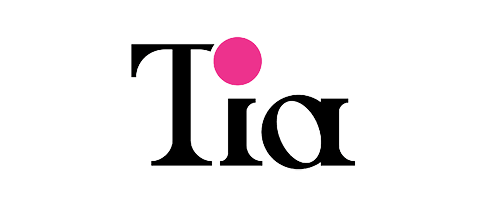



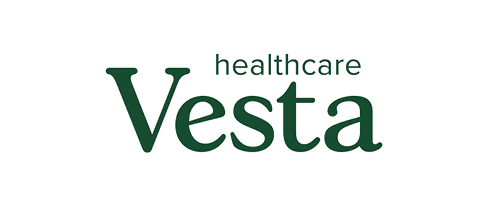
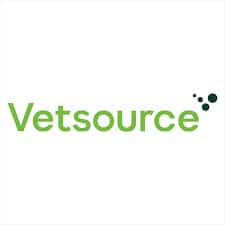
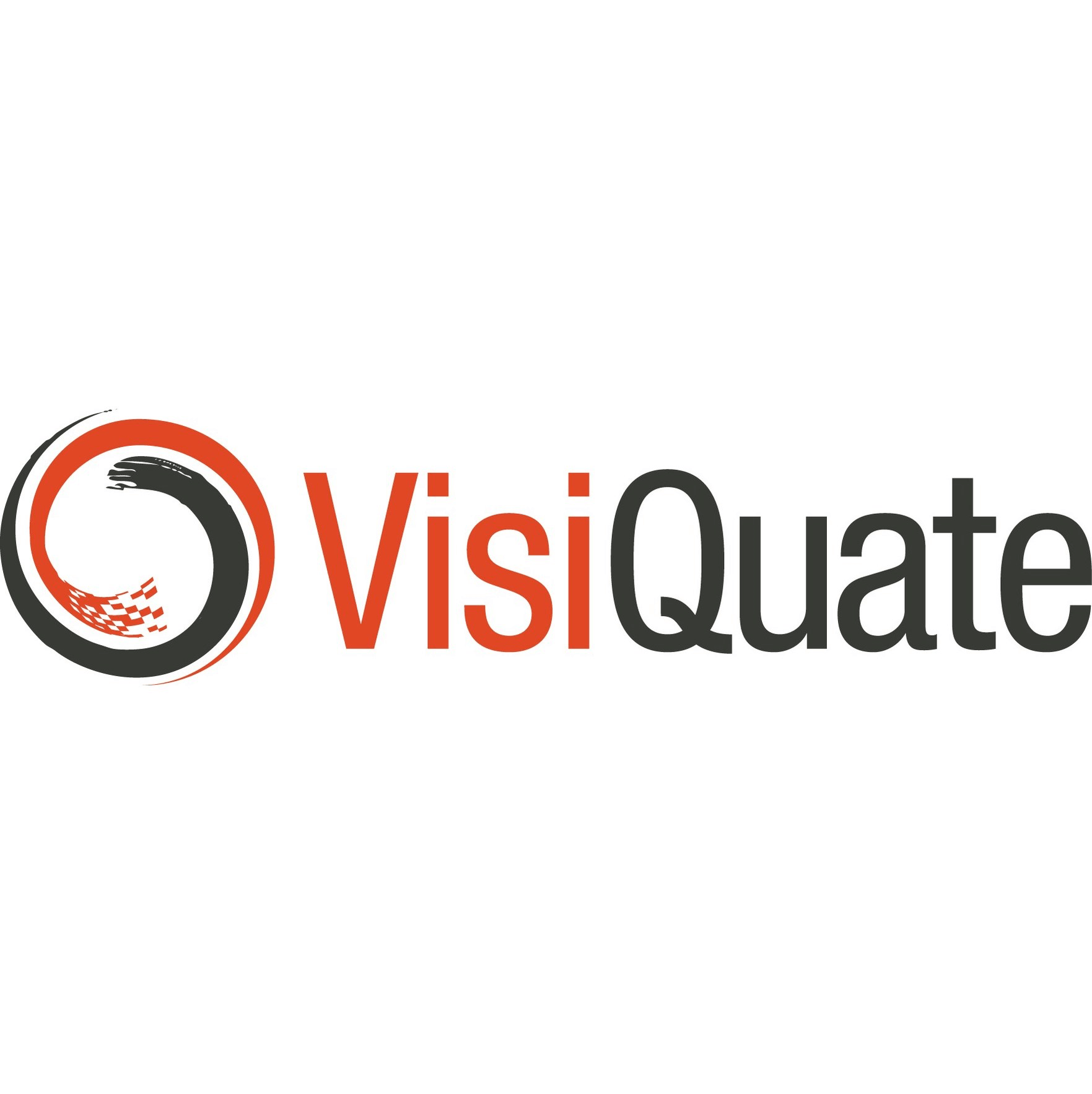
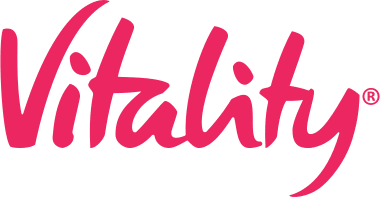







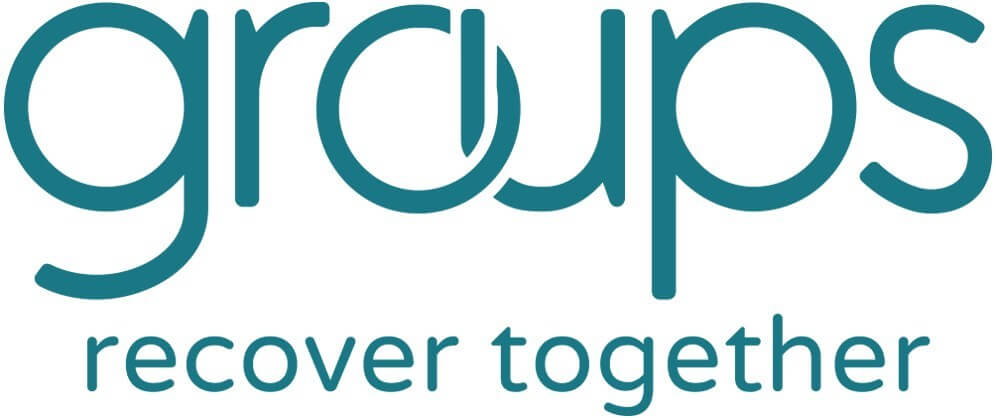

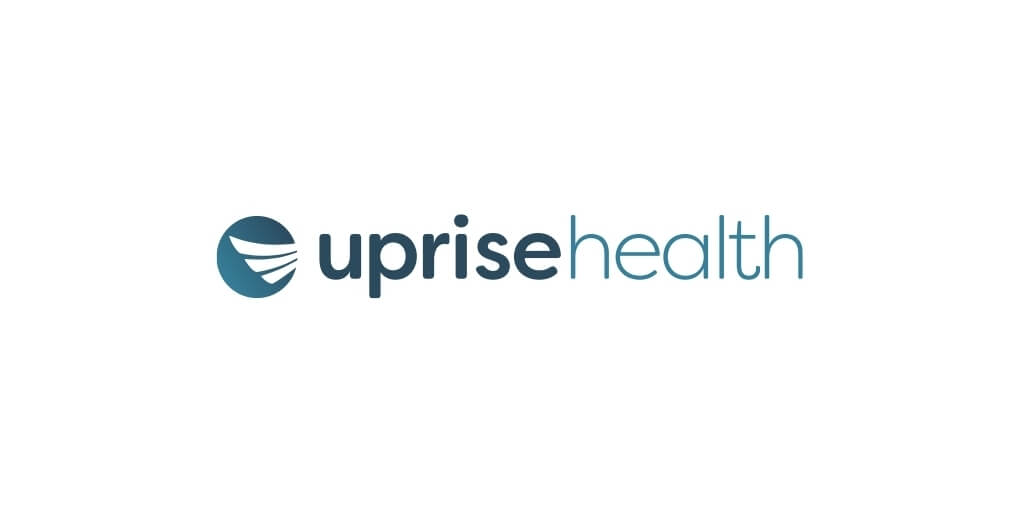


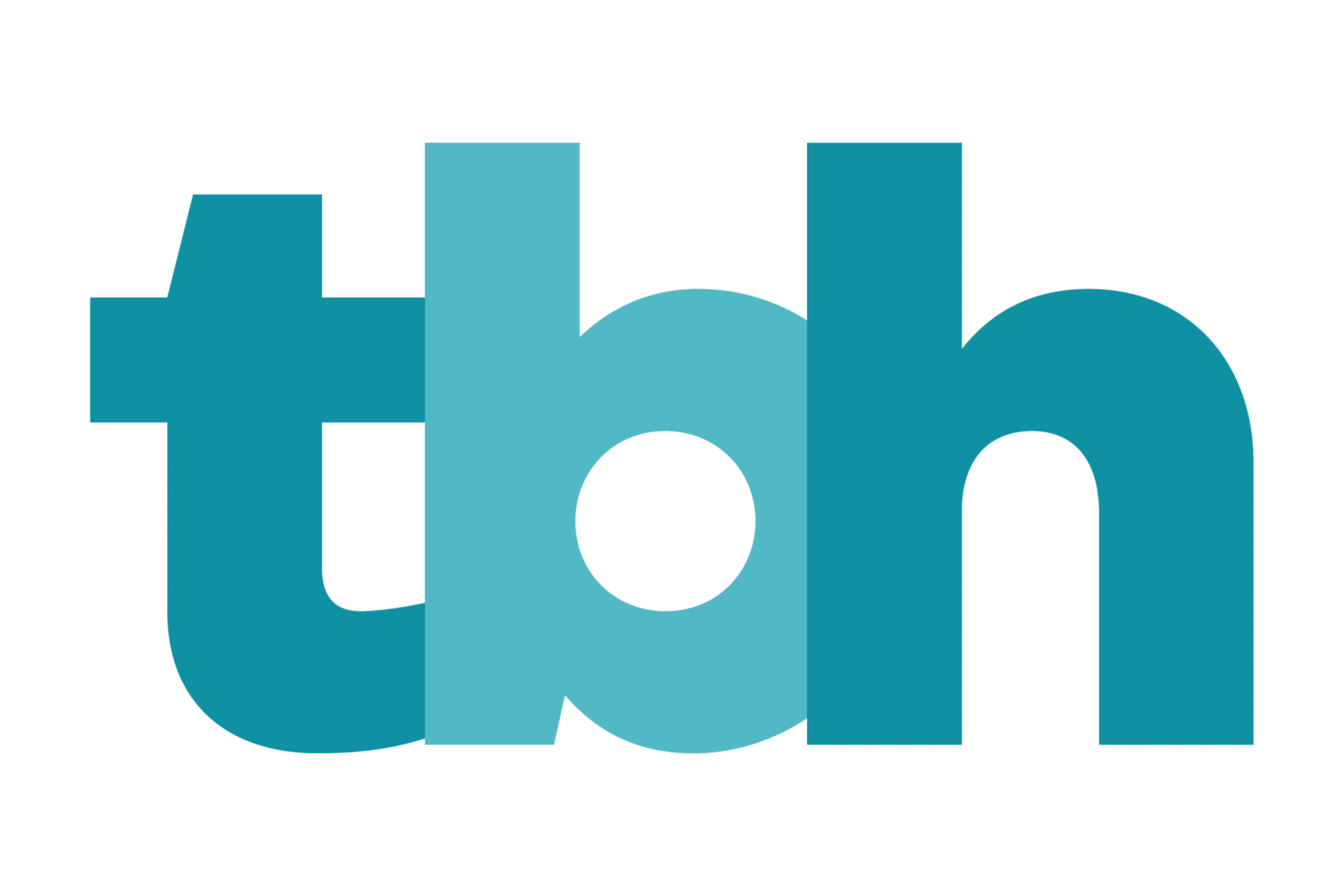


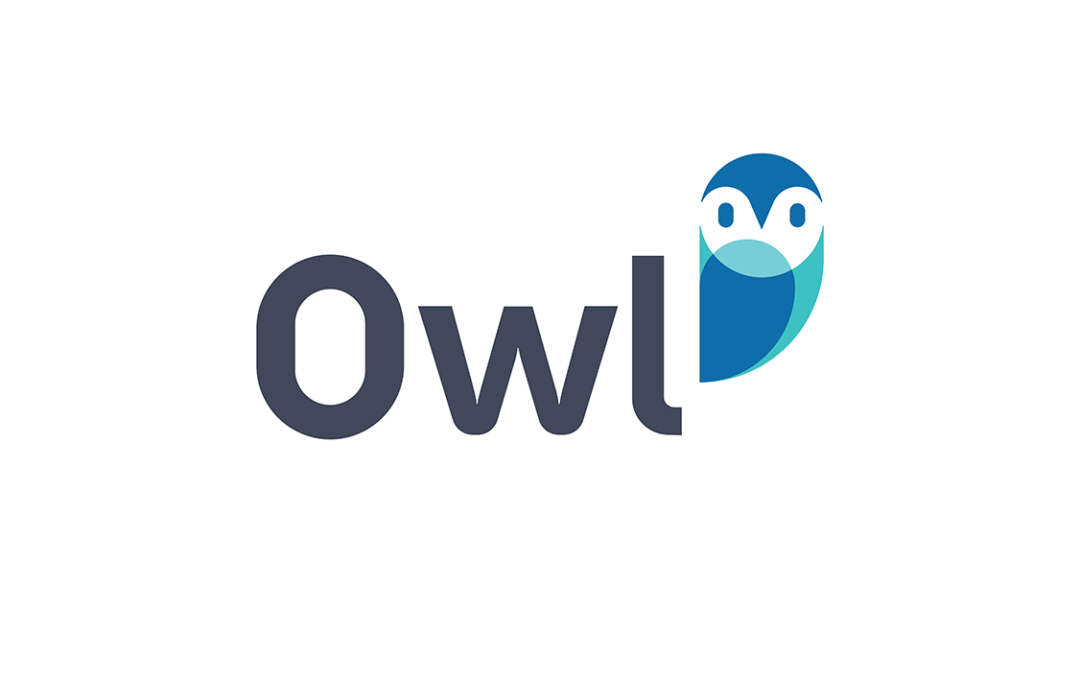



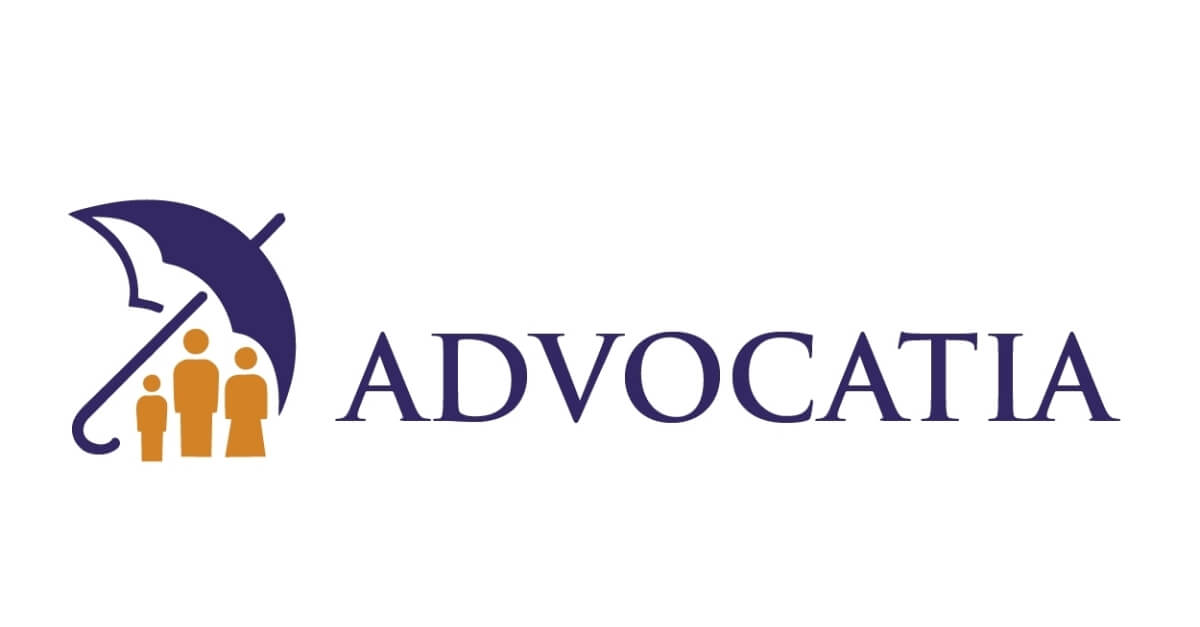
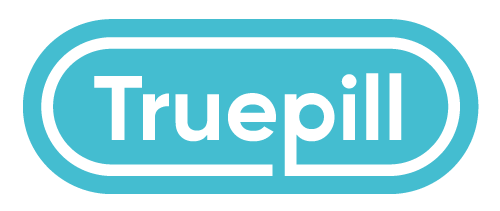

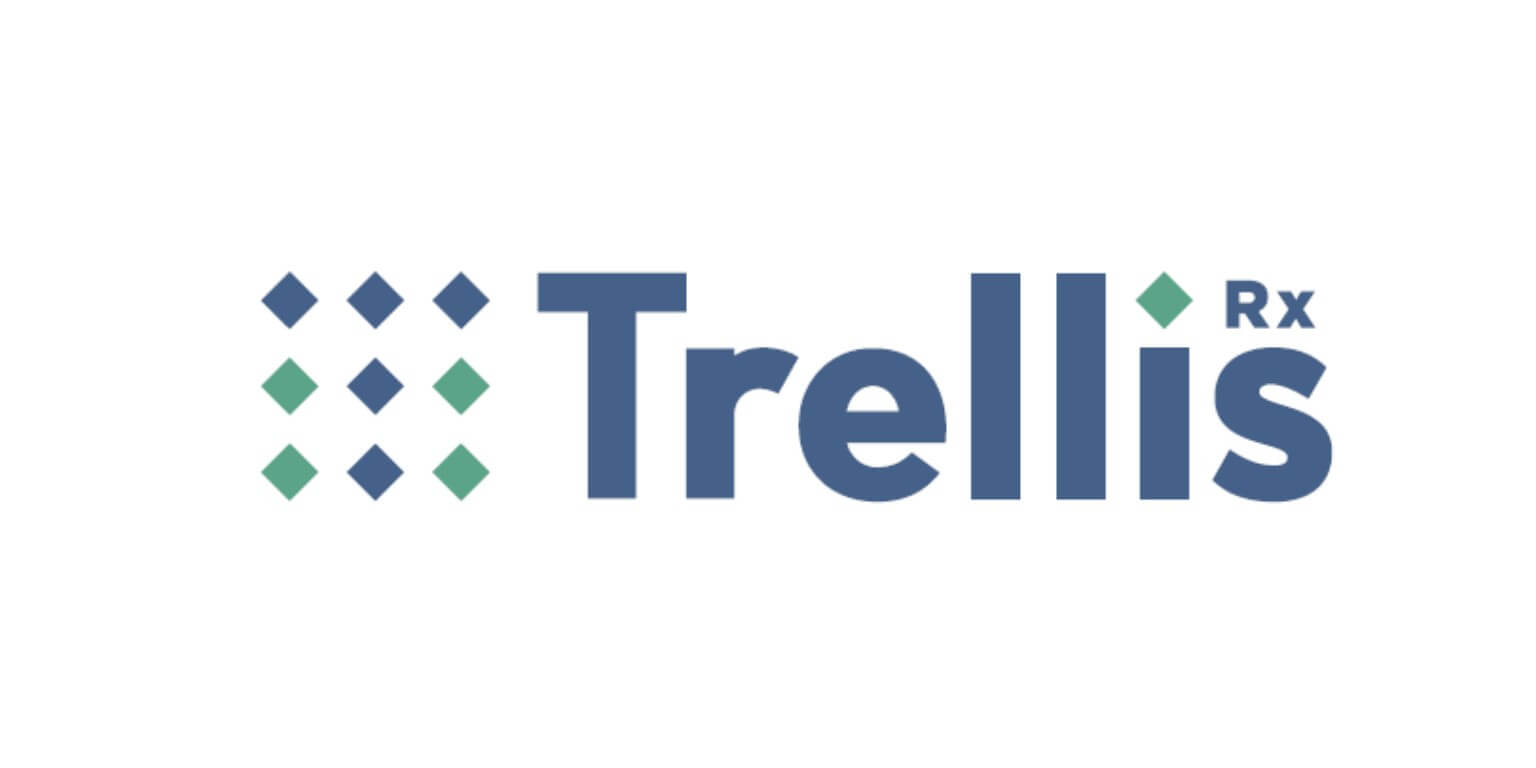

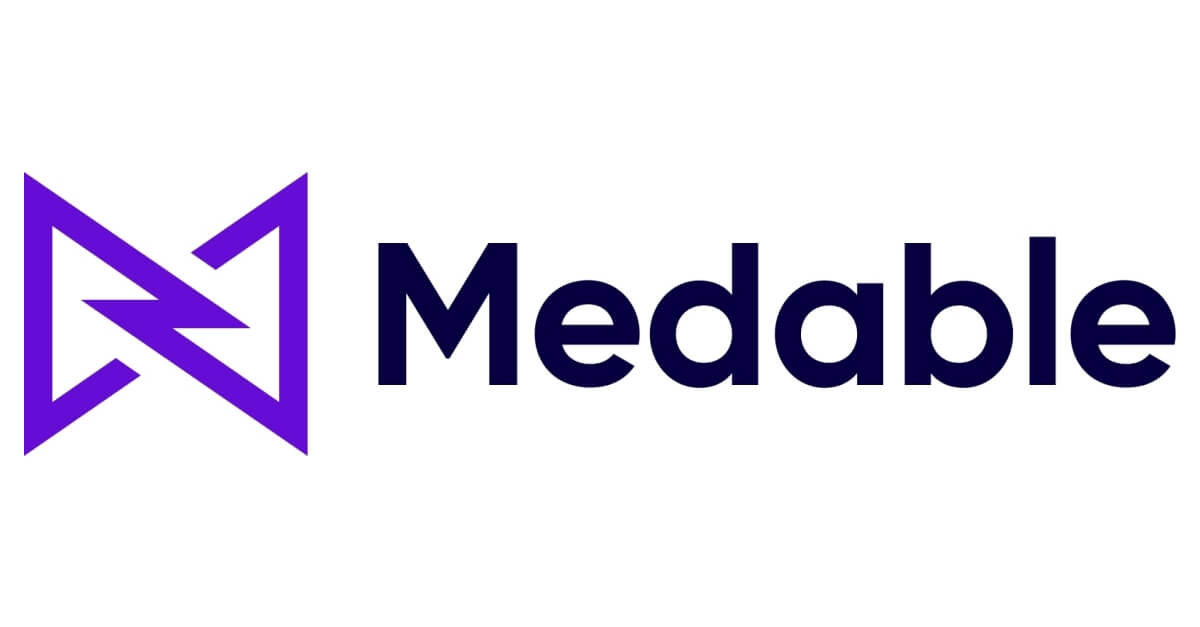


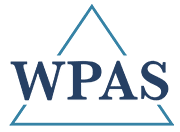

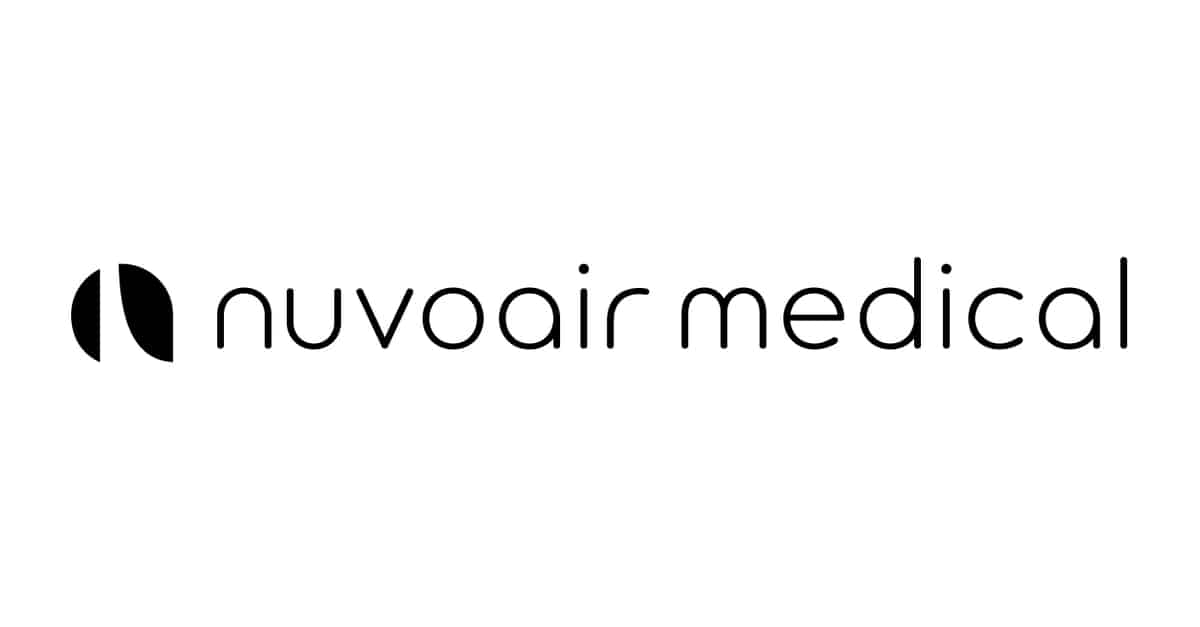


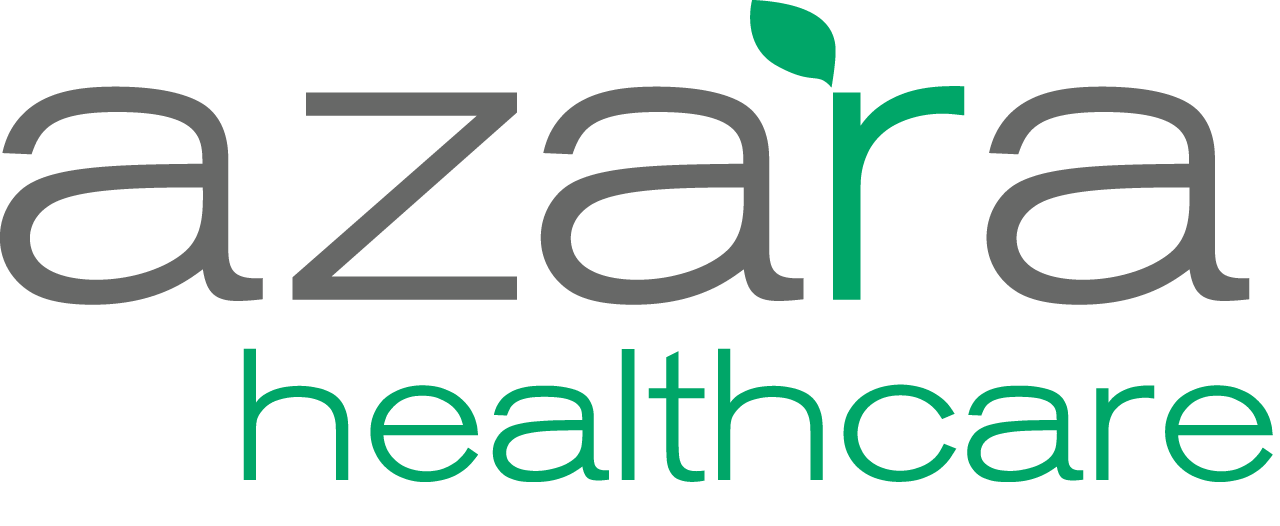


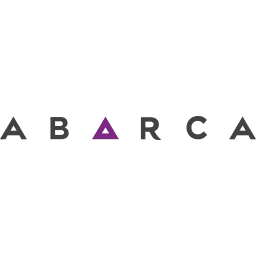




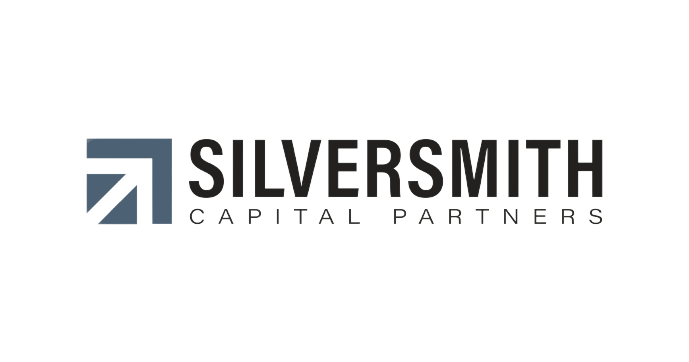
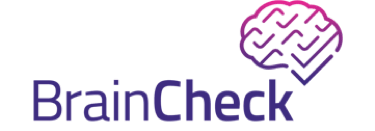

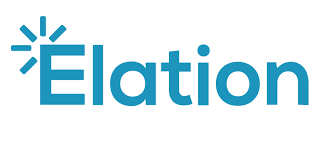

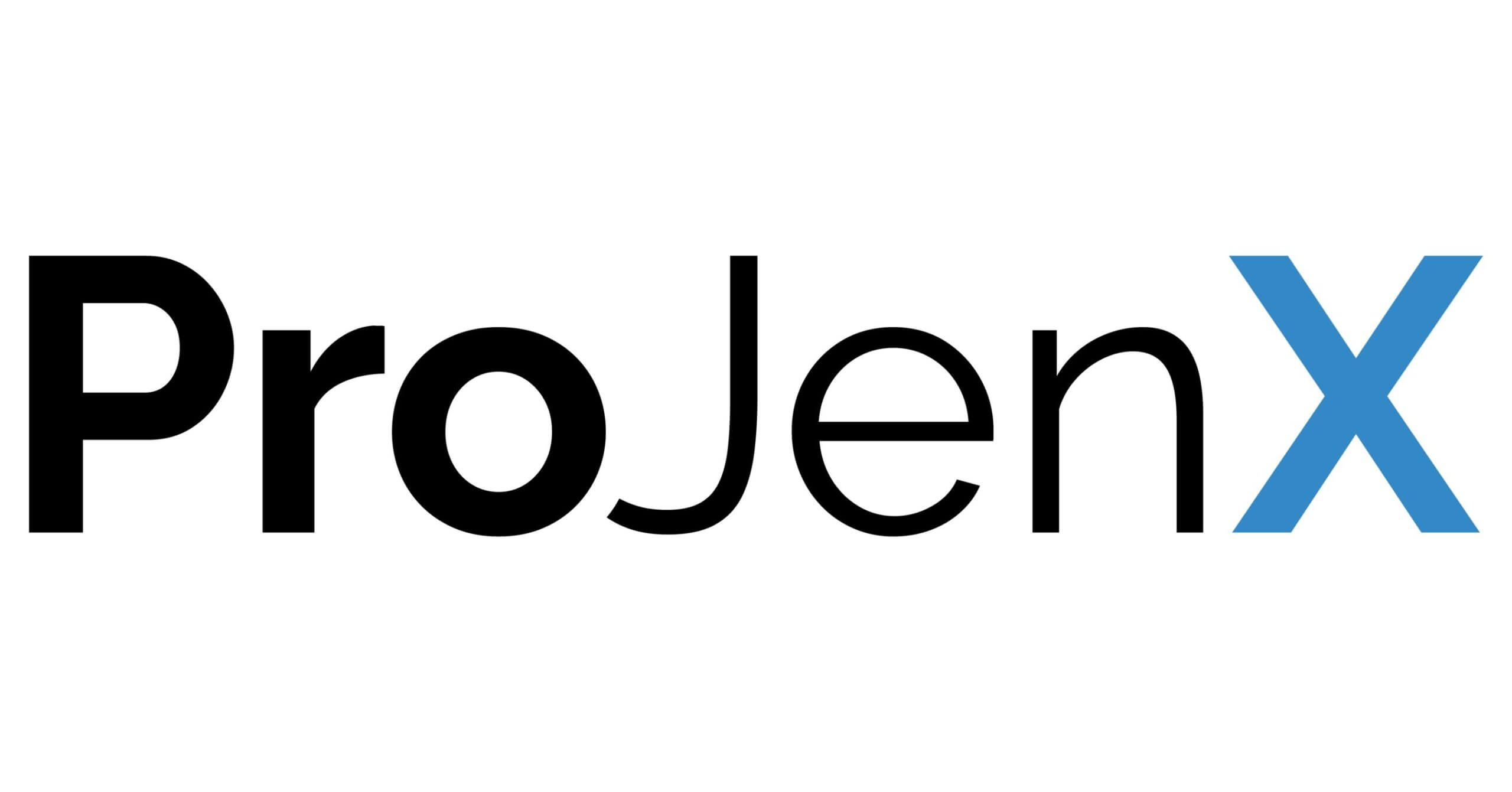

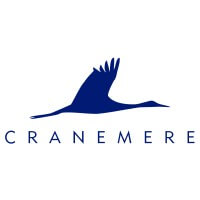


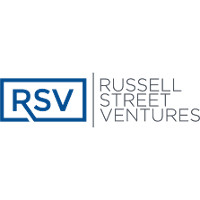





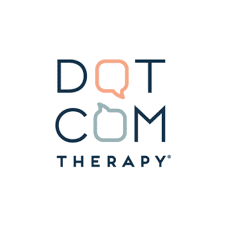
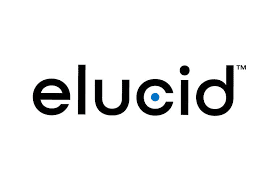
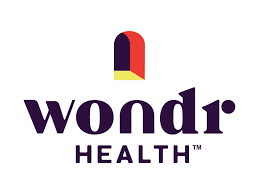
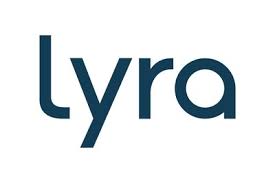


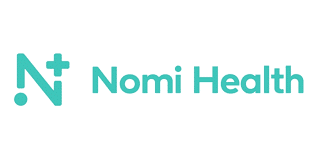



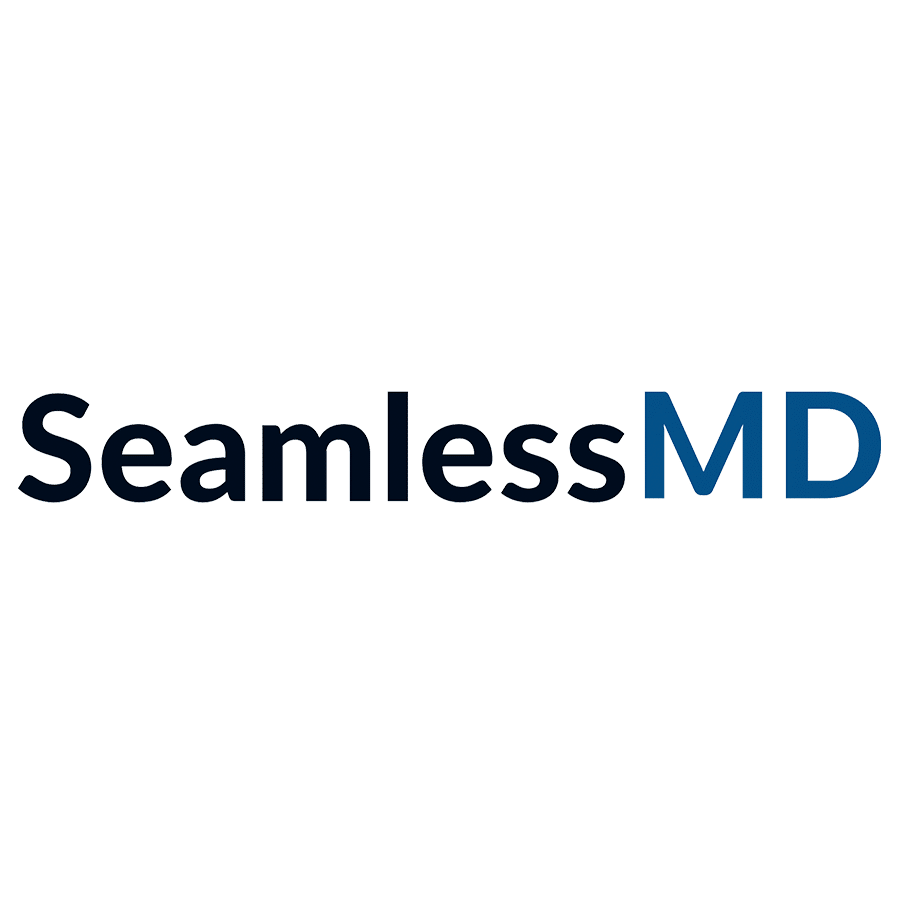
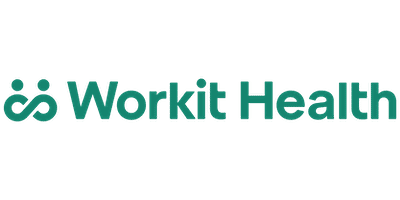







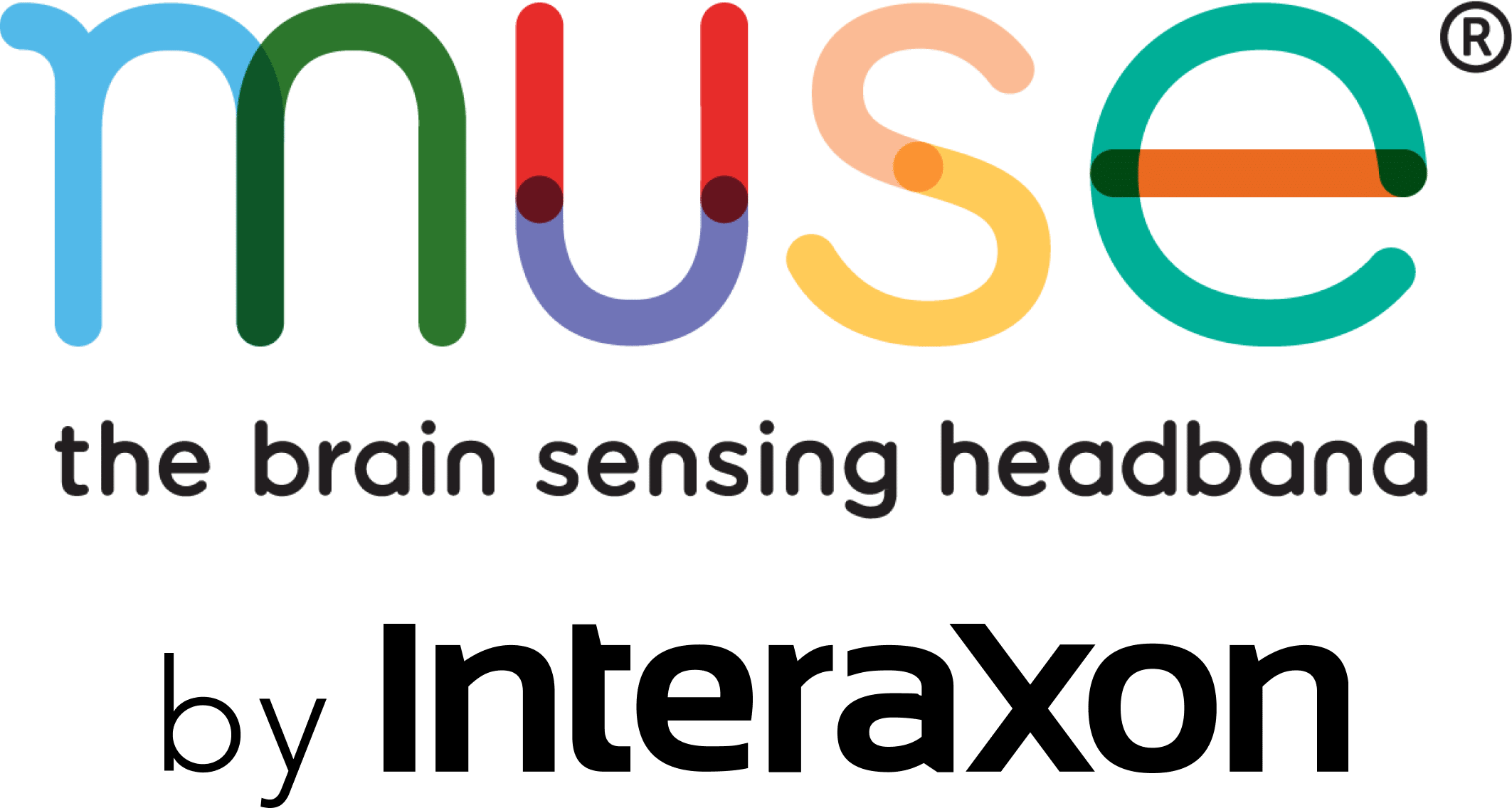

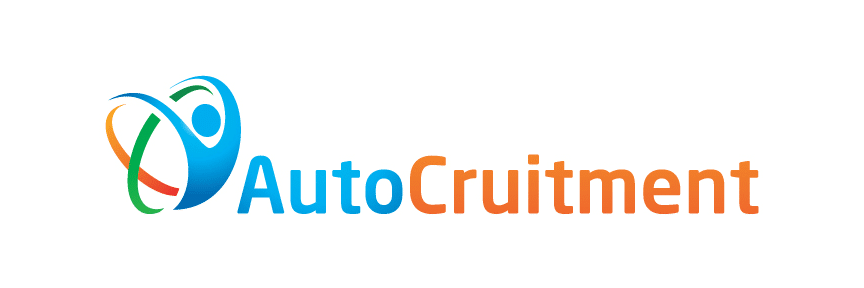
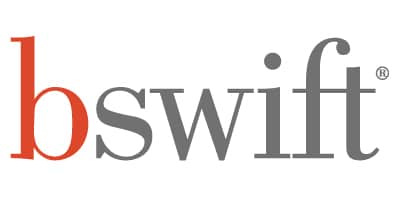
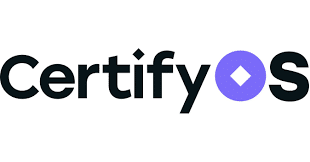
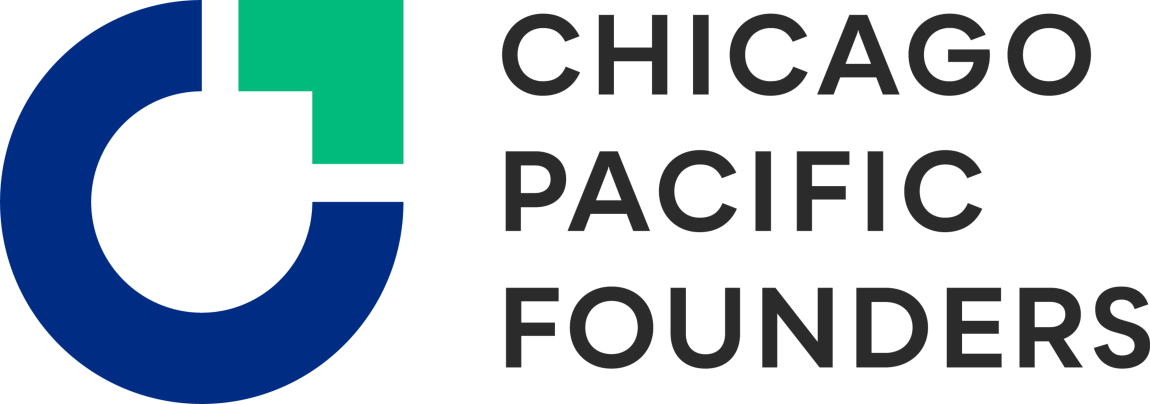

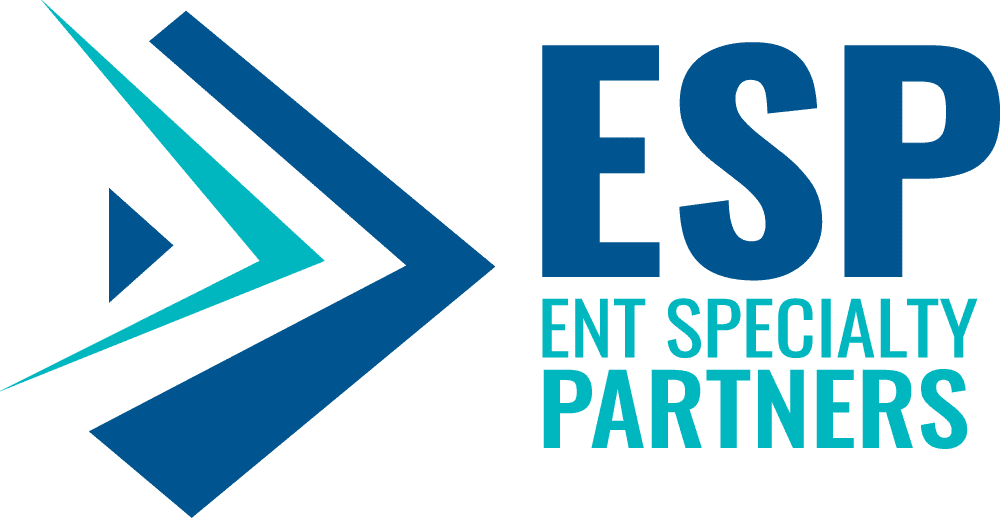
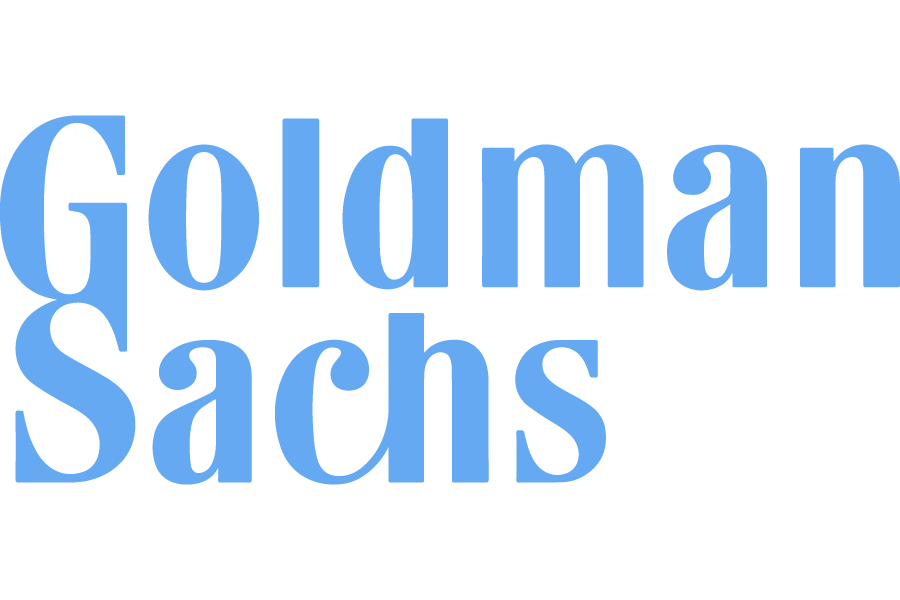
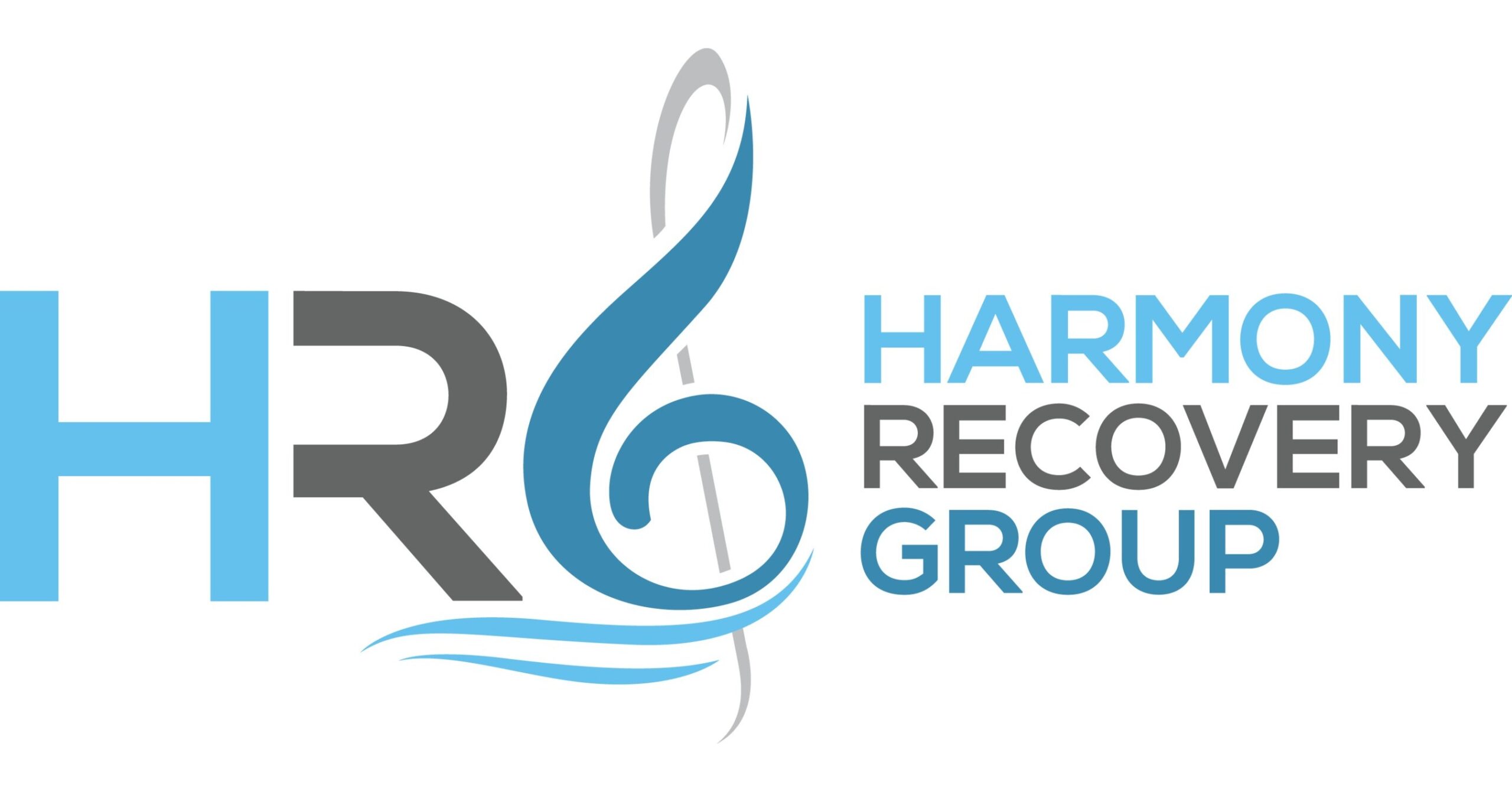
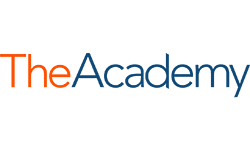
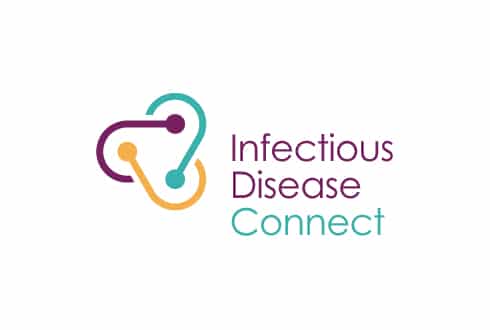
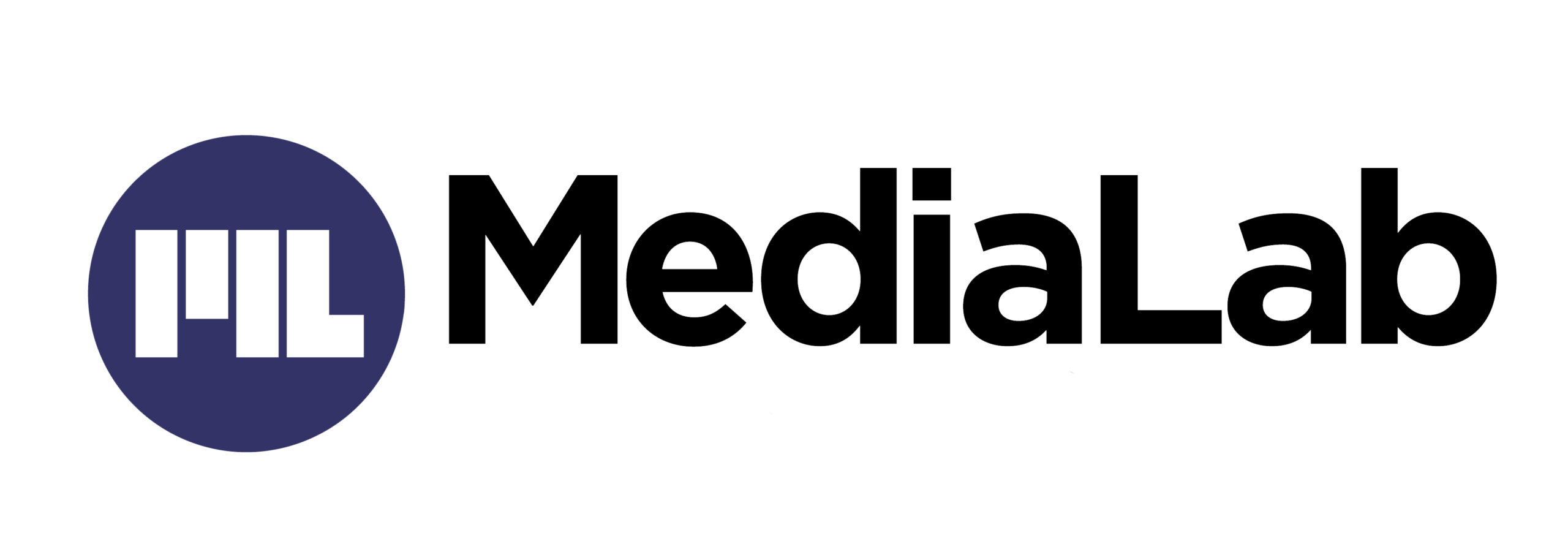

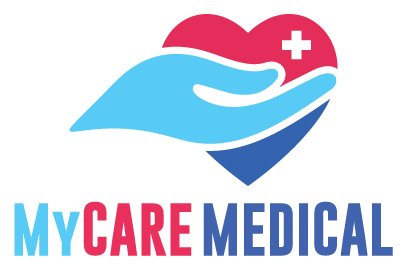



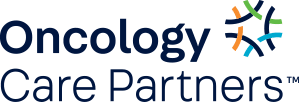

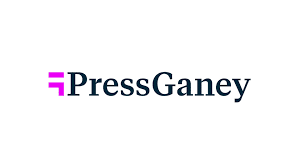
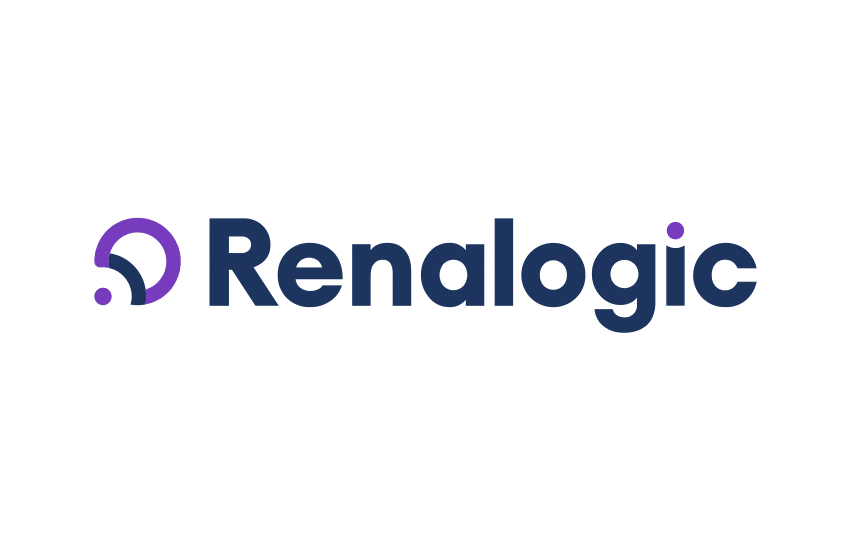

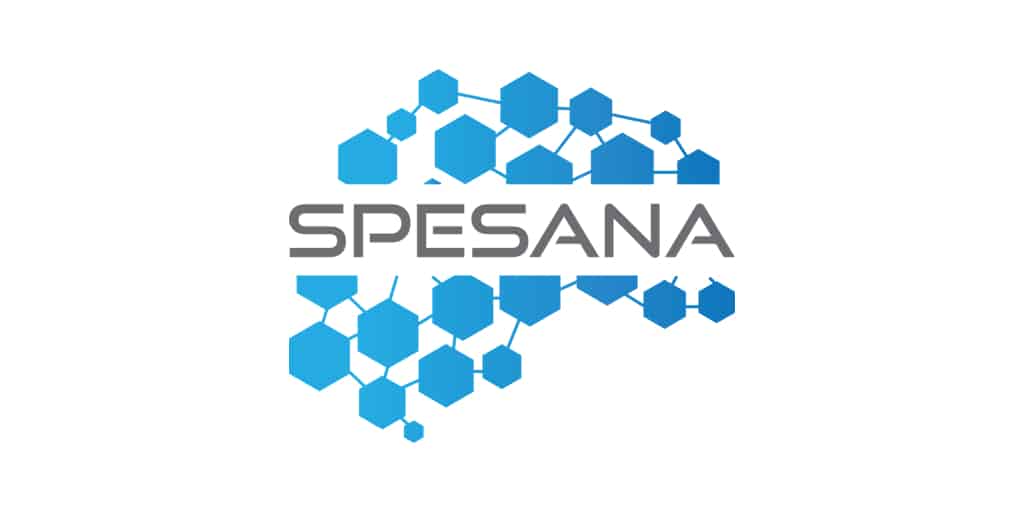

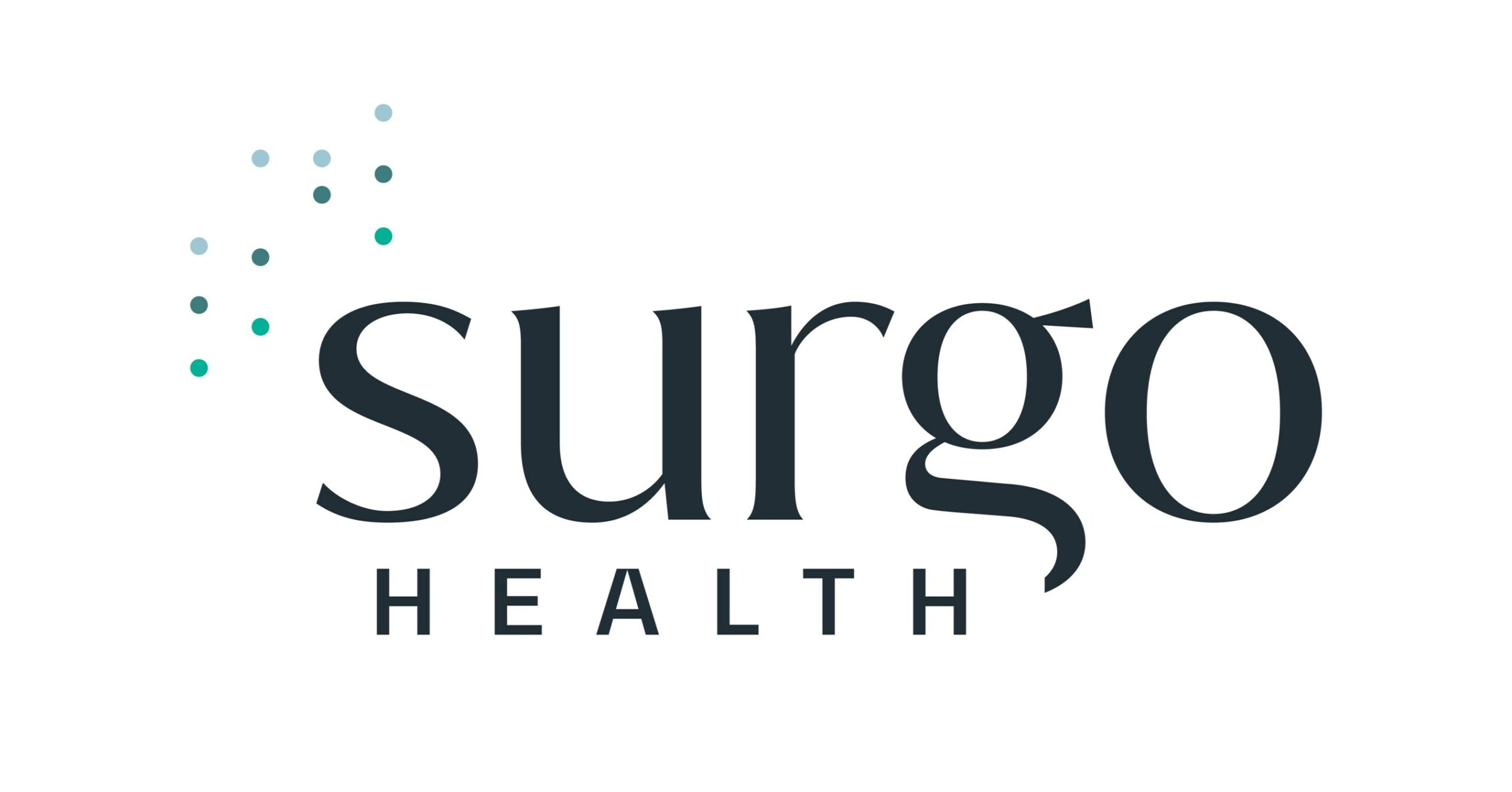


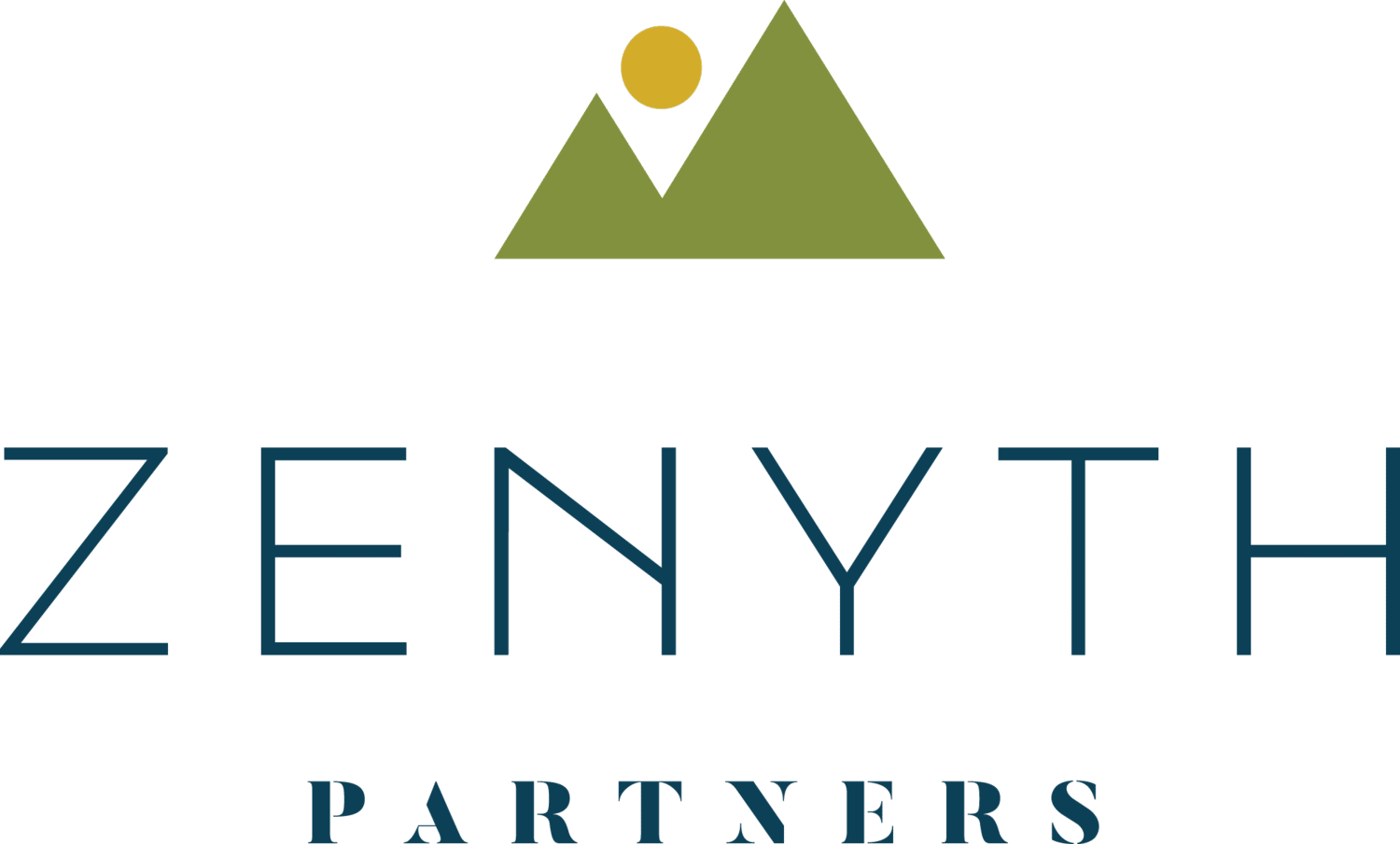

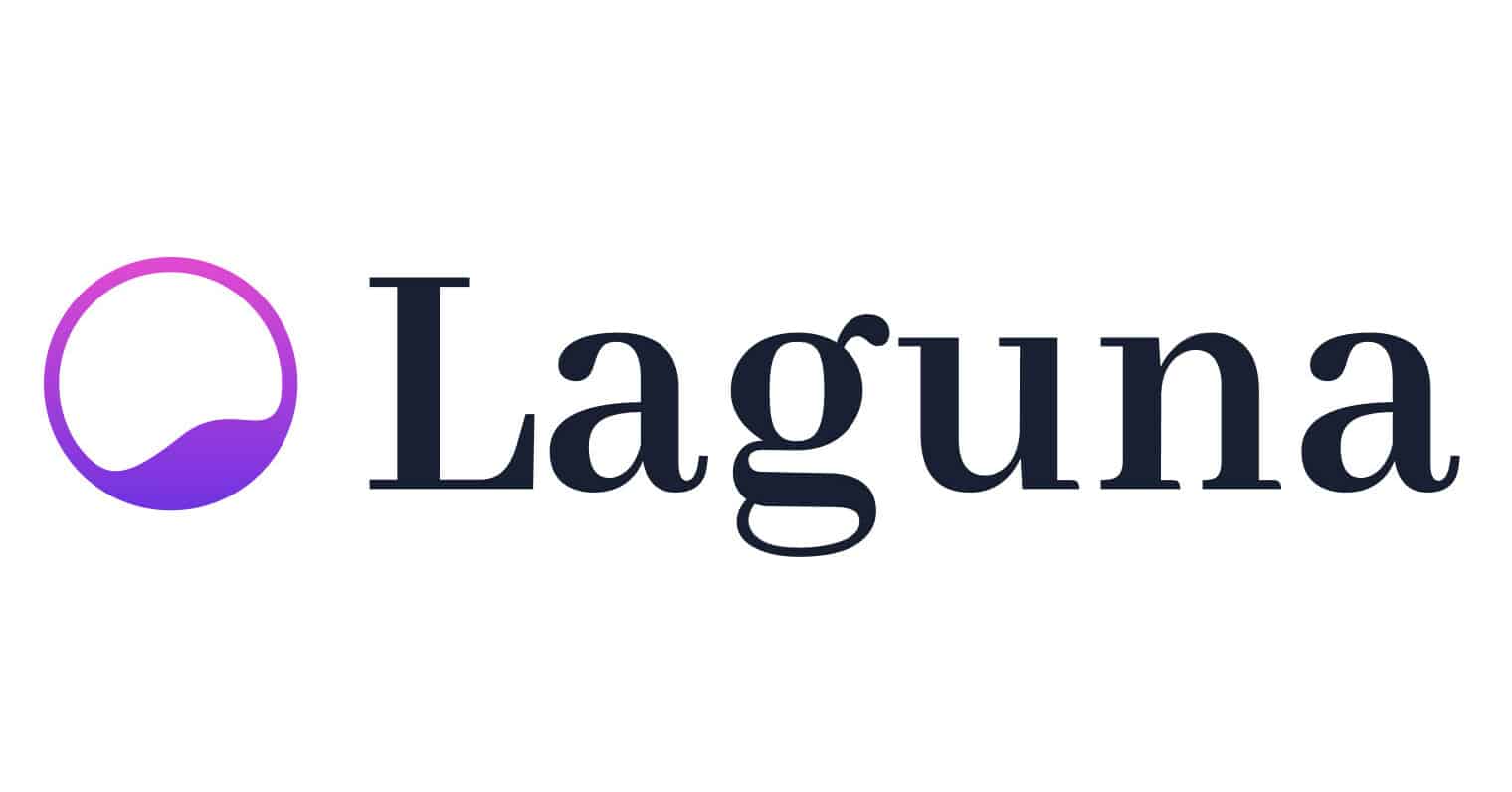

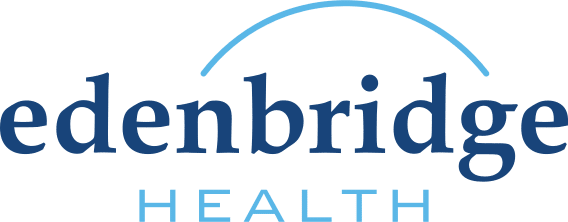







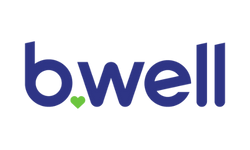




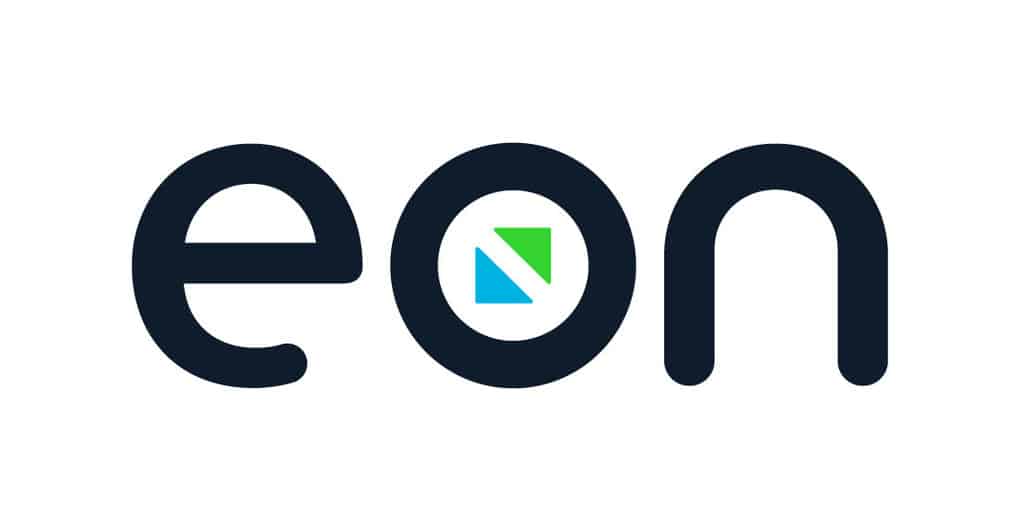
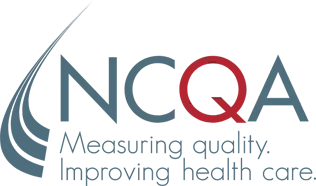
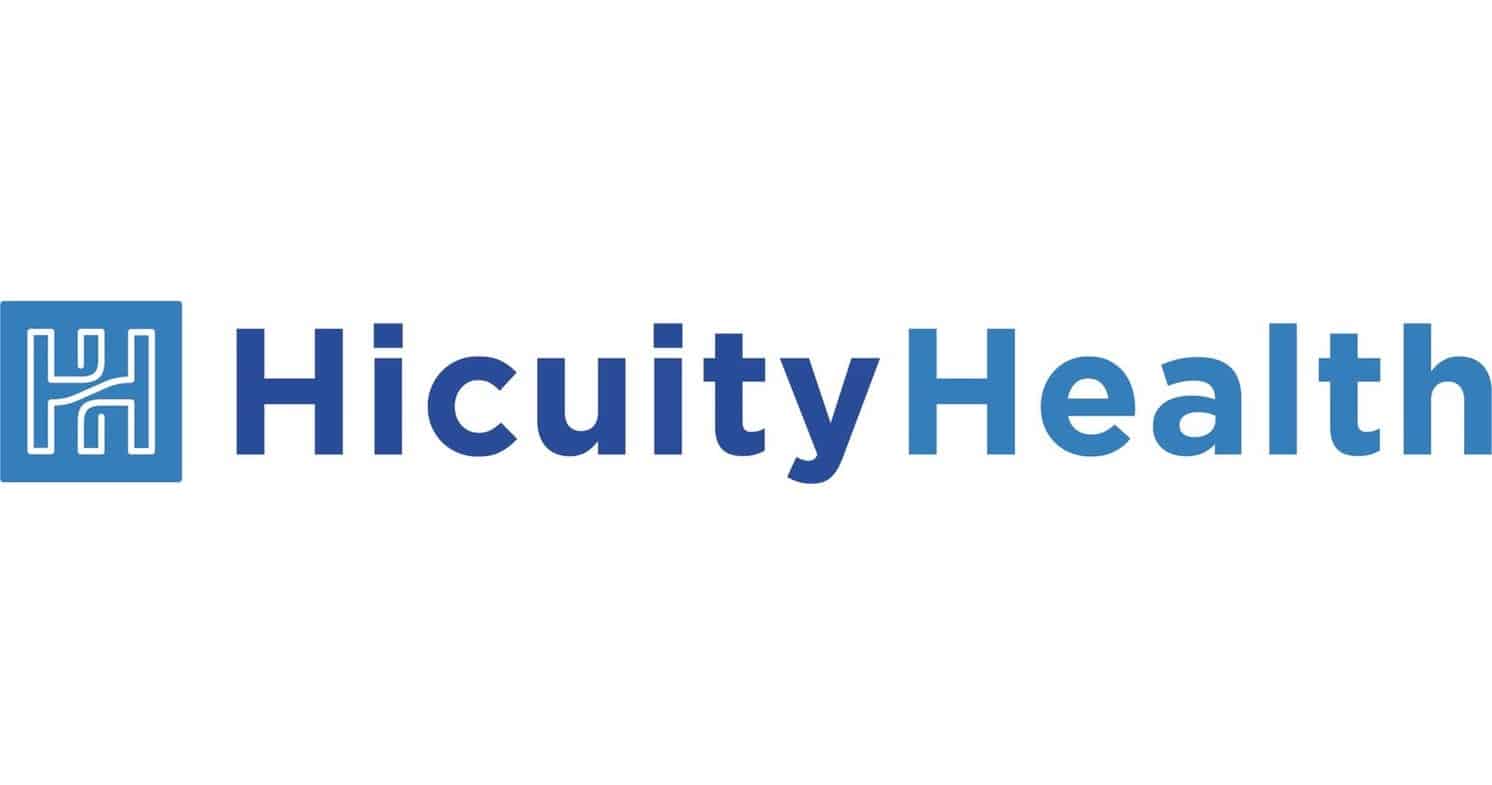



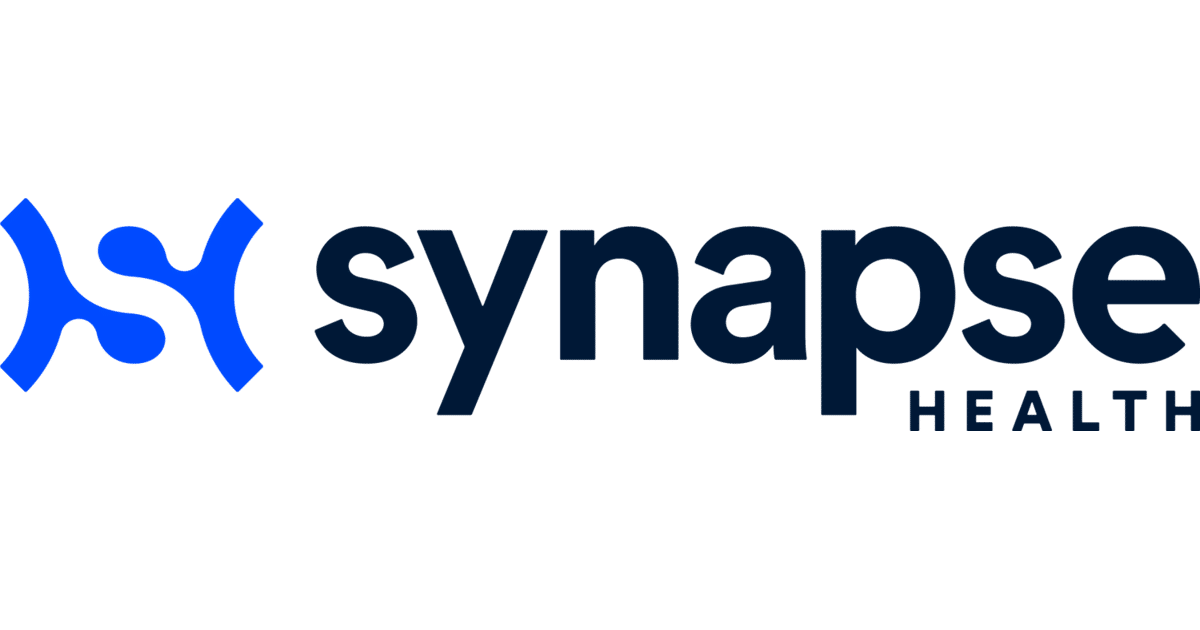
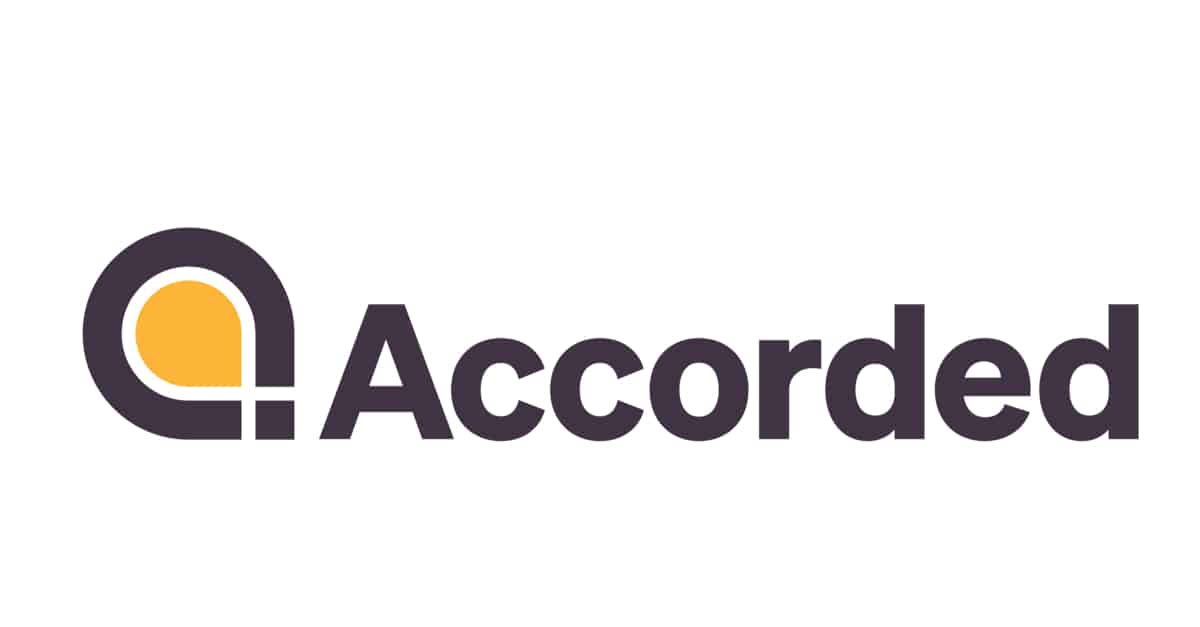


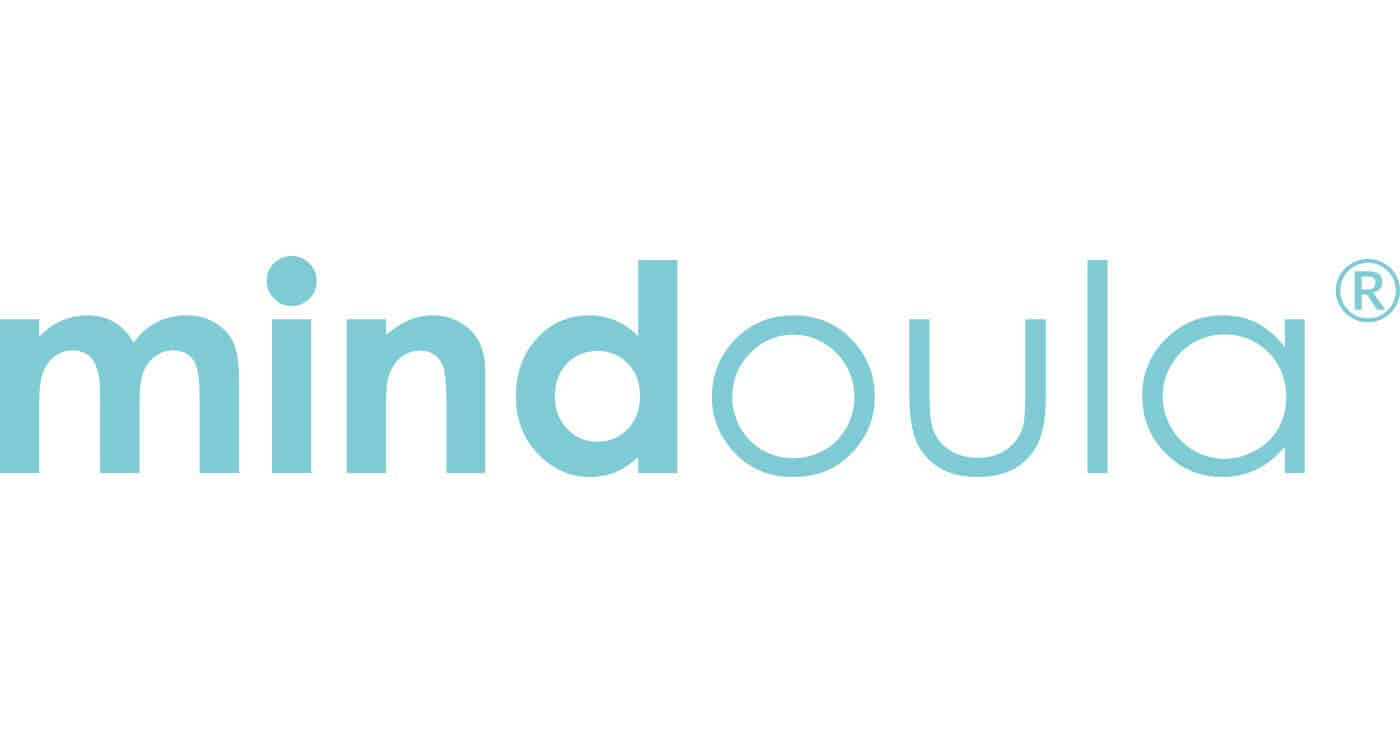

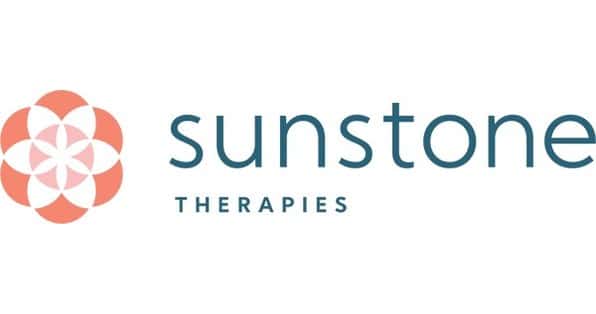
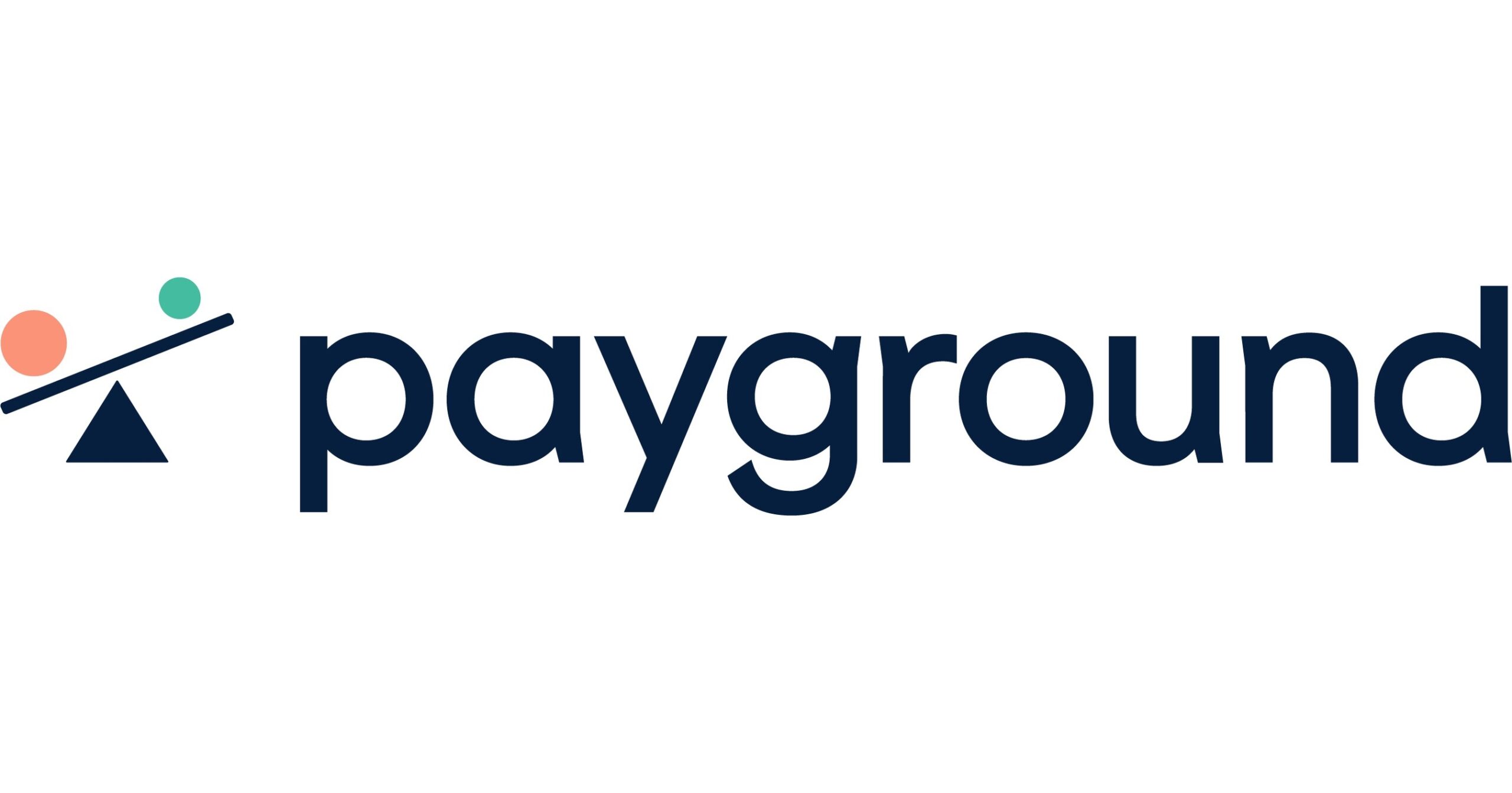



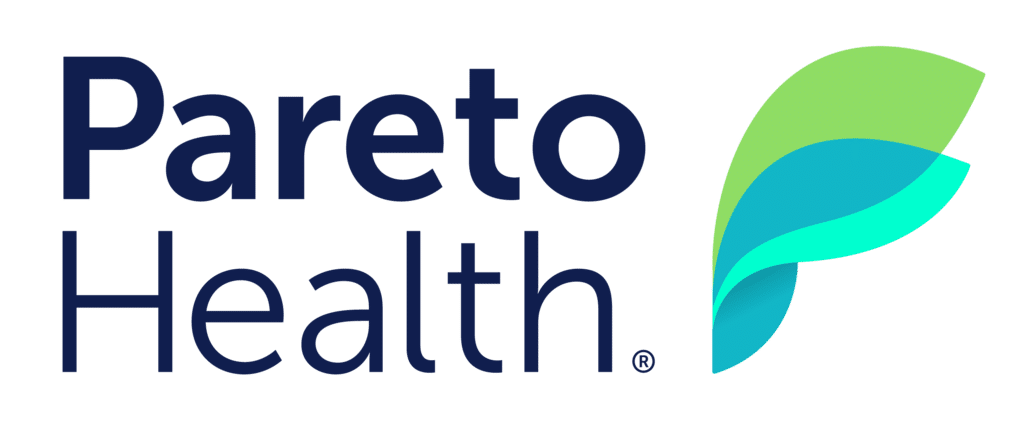
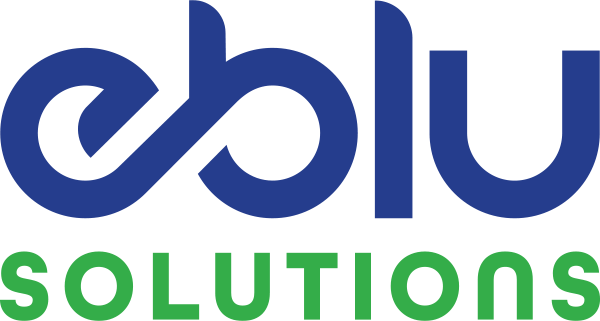

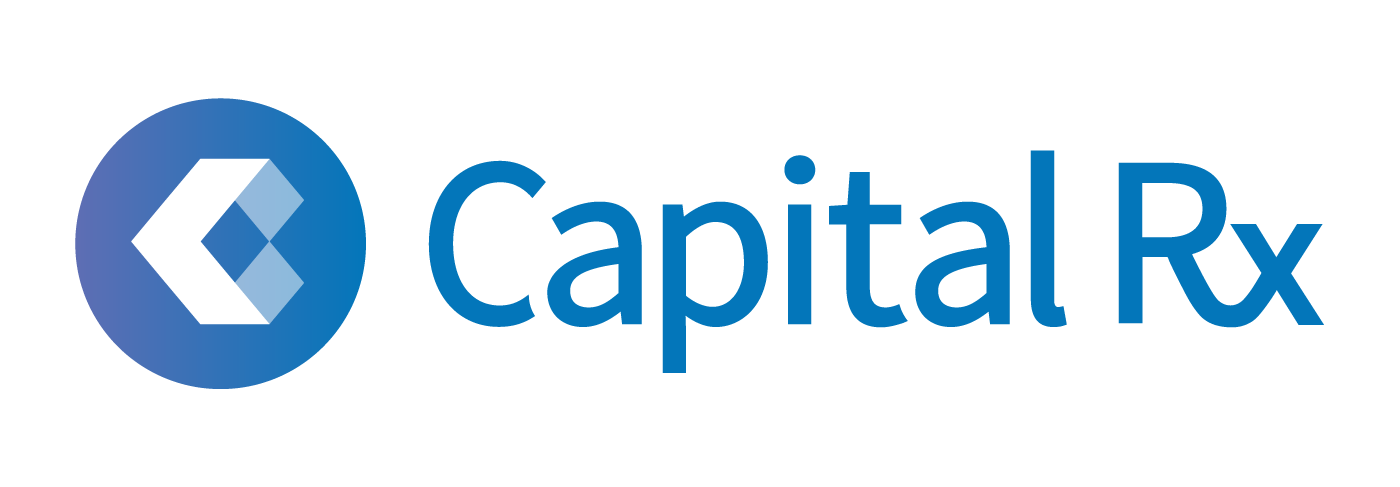
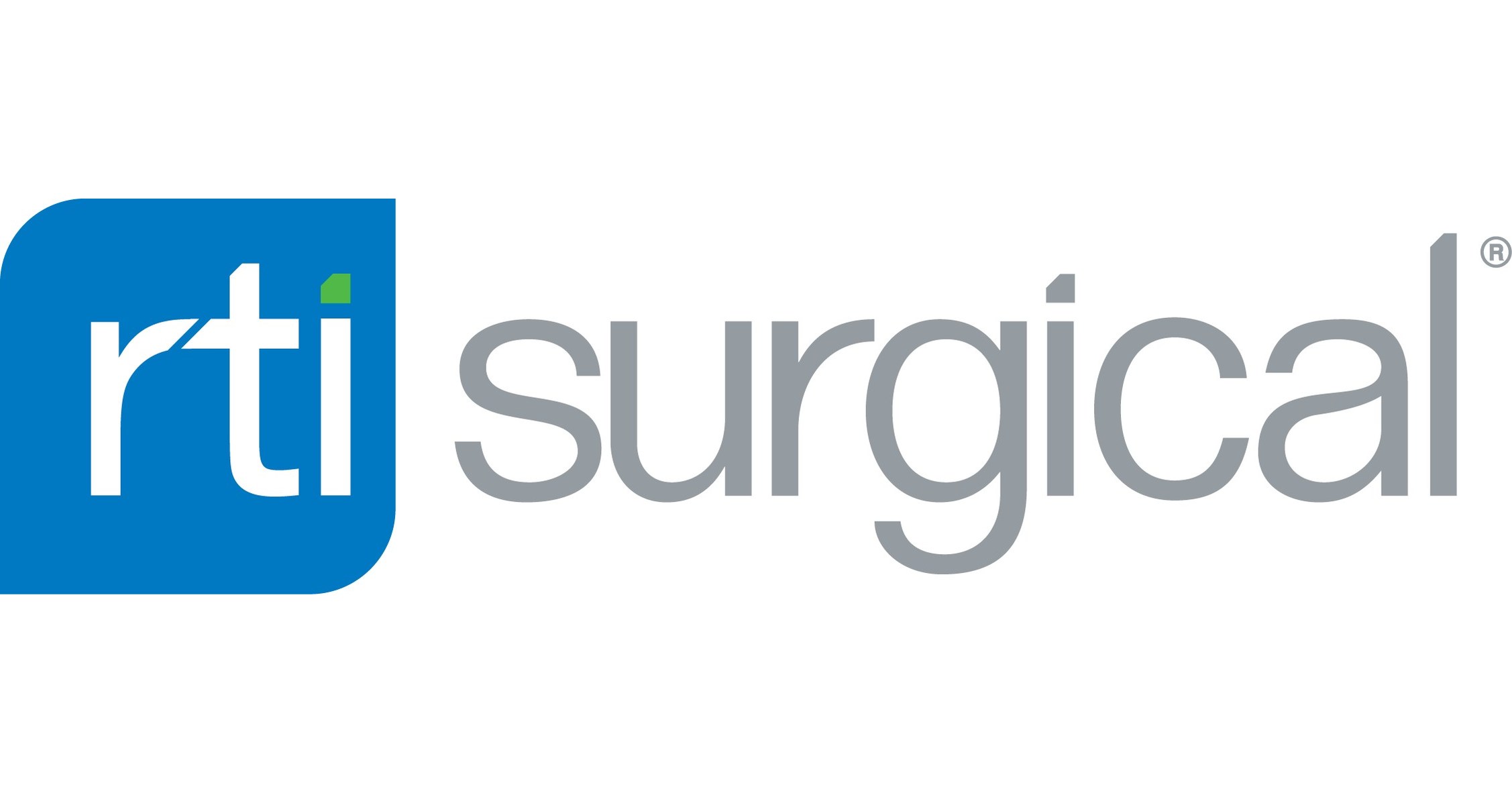


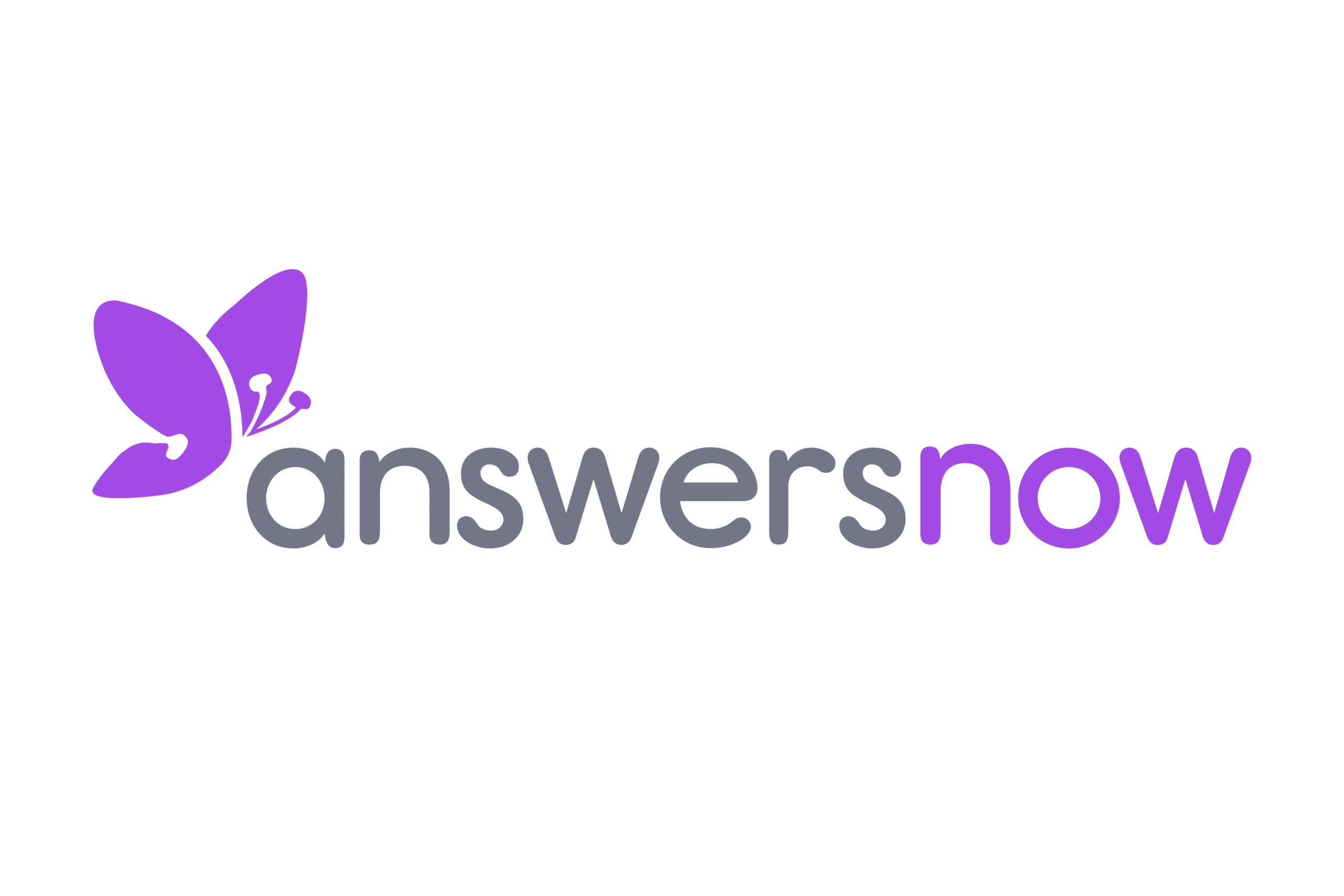
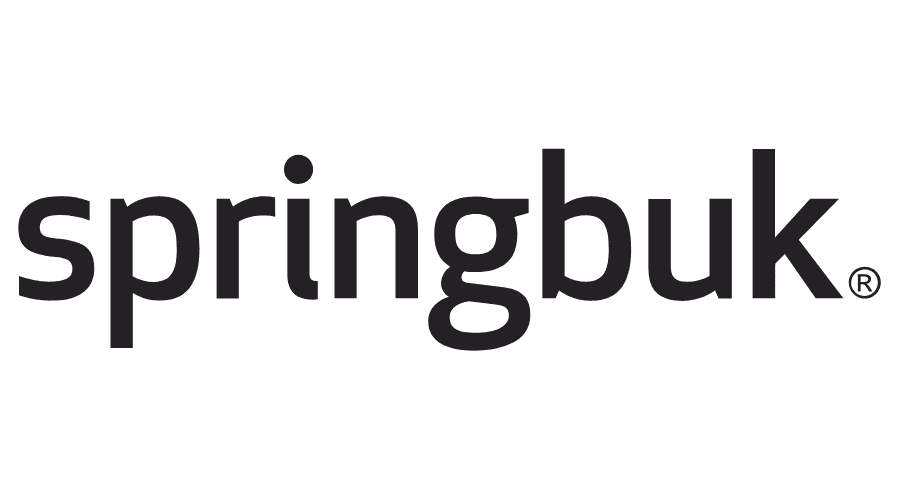



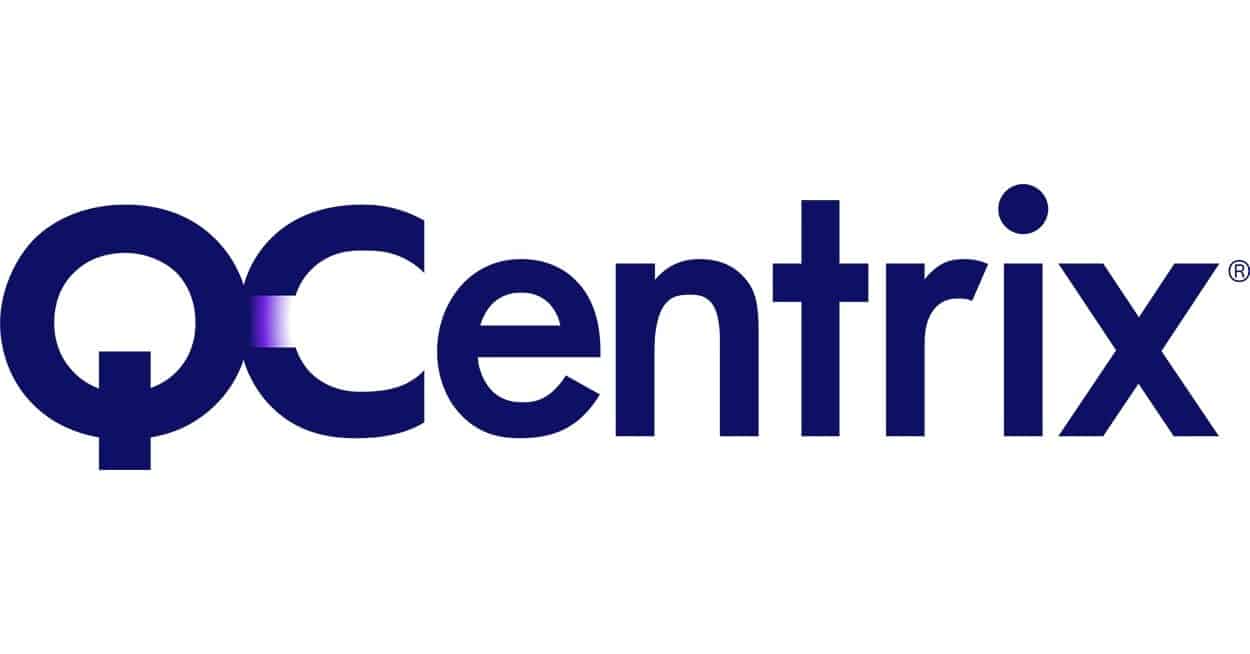





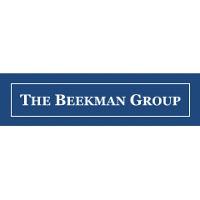



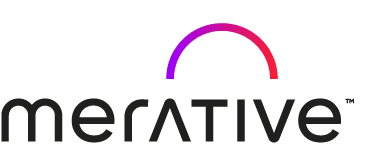

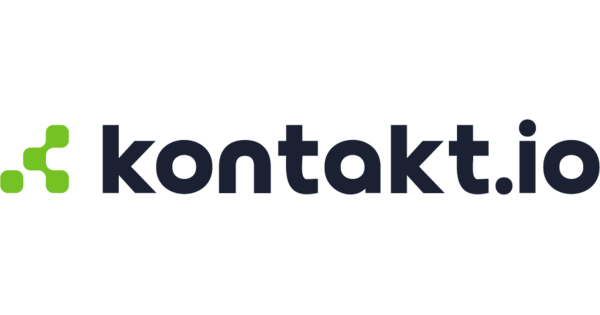

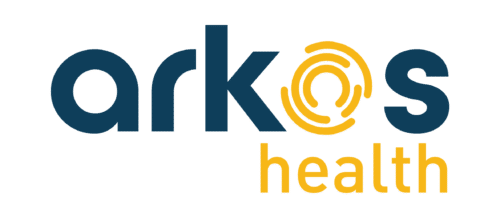














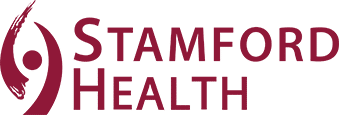






By Kristy Lindquist and Meredith Damore
Kristy Lindquist is a Chasm Co-Founder and Partner, and Meredith Damore is the Executive Director of ChasmLead. In the first part of this Chasm Conversation, they discuss the importance of executive coaching in our personal development and professional success — and how to select the right coach for you!
Kristy Lindquist:
So, our topic today is the role and importance of an executive coach. It’s interesting, because executive coaching wasn't really something that was done 20 years ago, and it’s grown ever more popular in recent years. That makes me wonder: What's behind that evolution of executive coaching? Why has it grown so much?
Meredith Damore:
Yeah, that’s a great question. There's some data from the International Coaching Federation (ICF) and other sources about coaching that I think is supportive of the growth you’re talking about. The individual who certified me as an executive coach always talked about: If you think about the original definition of coach, it was a mode of transportation. How do we get something from point A to point B? That's what a “coach” was back in the 1800s — a horse drawn carriage.
I think people are realizing that this is a really helpful comparison. A coach helps people get from where they are to where they want to be. There’s ICF research showing that for every dollar invested in coaching, there's $4 to $8 in return. We also know that after you get trained on something, you lose up to 85% of that after two weeks…but if you go through training plus coaching, you can get up to four times the retention.
So, there's great data to support the value of coaching and I think many folks in the corporate world are starting to see that there is actually a real impact. This is a way to drive transformational change and get people from A to B in a way that corporate training can't accomplish. It’s filling in an opportunity gap that's existed for a long time in the corporate world.
Kristy:
Yeah, I always think about athletes. If you're an athlete, you're being coached from a young age all the way until you reach perhaps the NBA… and you’re still getting coached at the professional level. Often, you have several different coaches for different skills like shooting, endurance, defense, offense, etc. Even professional athletes continue to get coaching, but we have all these professionals working in business who don't continue that development – at least in the way they would with a coach. In business, or even being a parent, you also need coaches along the way to help you be your best. A coach is ultimately about helping an individual be their best — the best mentor, person, manager, parent, athlete, or whatever it is that you can be.
Meredith:
Yes, definitely. It’s all about taking that next step in your own transformation into the best version of yourself. What “aha” moment or moments have you had? I know you have an executive coach that you love. So I'm just curious: What have been some transformational things for you?
Kristy:
Well, there have been many transformational moments. My coach has really helped me to develop some skills around dealing with challenging situations and preparing me not to be surprised that they're coming. She taught me the fable of the scorpion and the frog with her own twist. Have you ever heard of that?
Meredith:
Go on. What is it about?
Kristy:
"A scorpion asks a frog to carry him over a river. The frog is afraid of being stung, but the scorpion argues that if it did so, both would sink and the scorpion would drown. The frog then agrees, but midway across the river the scorpion does indeed sting the frog, dooming them both.” Her twist is the frog asked the scorpion why he lied to him. The scorpion replies, “What did you expect? I’m a scorpion.”
We so want people to change their behavior and with feedback, we expect it to change. Sometimes, it just is never going to happen. A scorpion is a scorpion. I have learned to adjust my own expectations when managing a situation that’s not easy to change. I think that's been very valuable because I have been able to develop resilience in difficult situations.
Meredith:
That's huge. I mean, where else would you have built up those skills? I don't think any other training can replicate that. That's why I think coaching is so cool.
Kristy:
For sure, but the right match with your coach is an important part of it, too. When people are thinking of getting an executive coach, how do they select one? Obviously, there has to be some sort of chemistry. Do you have any thoughts on what you would look for in an executive coach?
Meredith:
I think it's so personal. Doing chemistry calls and testing the coach and coachee relationship is really important. Part of it is just leveraging your intuition a little bit to see if the relationship will be a positive one. It totally varies in terms of what your preferences are and what you're trying to accomplish.
For some people it may involve having a certain gender, or someone who's in their timezone, and other people will say, “I want someone who's ICF certified or is a board certified coach, and those credentials matter to me.” With someone certified, you know they've put a certain amount of hours into this work, and that expertise is important.
Some of the questions that I like to ask if I'm looking at a new coach for our program, would be “What does transformational leadership mean to you?” I think that's important to know. I like to understand their why. Why are they in the business of coaching? And then, “When have you found the most success?” or even “How do you think about ROI in coaching?” I think that's an interesting question to ask because there are many ways to go about that. Those are all good questions you can ask a coach to see if they could be the right fit for you.
Kristy:
What do you think is the timeline for a coach? I've had a coach for several years — and I have no intention of not having a coach for the next several years — but why would I stop, as long as I want to keep growing? I wonder if you have thoughts around that. I don't think there's a timeline for me.
Meredith:
If you're a reflective person who wants to continue to grow and evolve as a person and a leader, there are always things that we can work on. And to your point, we just got some results from one of our coaching engagements.
When we asked what had the greatest impact on your development during the coaching process, the person who filled it out said it was a safe space to discuss potential issues at my new company. Besides maybe your spouse, when do you really have a safe space to work out some of these things? Not often! I think there's a lot of value in having someone who's a sounding board and a safe space. Your coach is there solely to help you improve on the things and hold yourself accountable. To me, that's an evergreen opportunity, right?
Kristy:
Yeah. And it's probably better for people's marriages, not to have to go to your spouse and talk about every little frustration!
Meredith:
Kristy:
Is there a certain qualification that you think an executive coach should have, in terms of work experience and life experience and certification? What do you see as the minimum bar? This could be a good place to wrap us up.
Meredith:
For me, the gold standard is really the ICF and designations that you can earn based on hours of coaching and certain training. That is one piece in the coaching world that I think is highly valued. Large corporations or Fortune 500 companies generally want you to be ICF designated to apply when they put out an RFP for coaches. Any coaching training that is designated by the ICF is really what the corporate world values.
On the other hand, I spoke with someone recently who was more in the wellness and life coach space, but had developed a network of those coaches. I asked, when you were looking at coaches, were you looking for a coaching certification? He told me that actually, some of his best coaches were former social workers who had never had formal coaching training. So, thinking outside of the box can also have good results. There are great coaches out there who may not have access to coaching certification, but could really help you transform.
I do think that some basic coaching training is important because it's really easy to prescribe advice versus listen and ask questions. Maybe we can leave off with something I really think is an interesting parameter. In my certification, they said a coach should only be talking in a session about 25% of the time. For people who are service-oriented, it’s so easy to want to do more talking. I’ve always thought that was an interesting guideline.
Kristy:
Absolutely. So, with that I think we’ll pause. Thank you so much for your insights, Meredith!
Meredith:
Yeah, thanks Kristy. This was some great food for thought. Can’t wait for our next chat!
Read Part 2 here.
















































































































































































































































